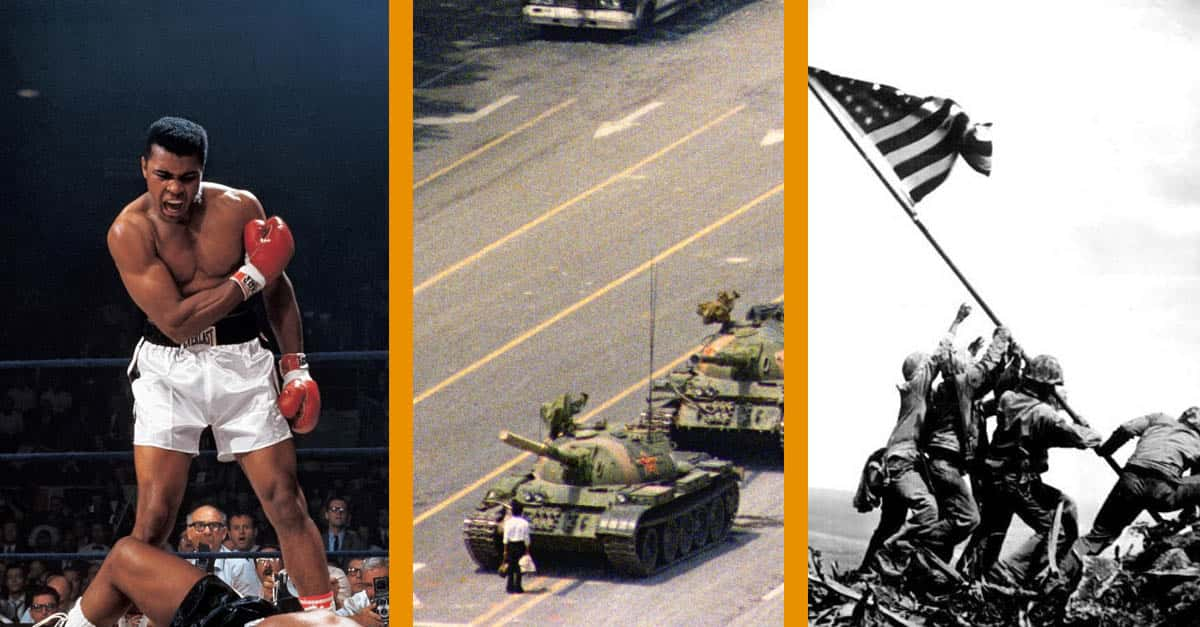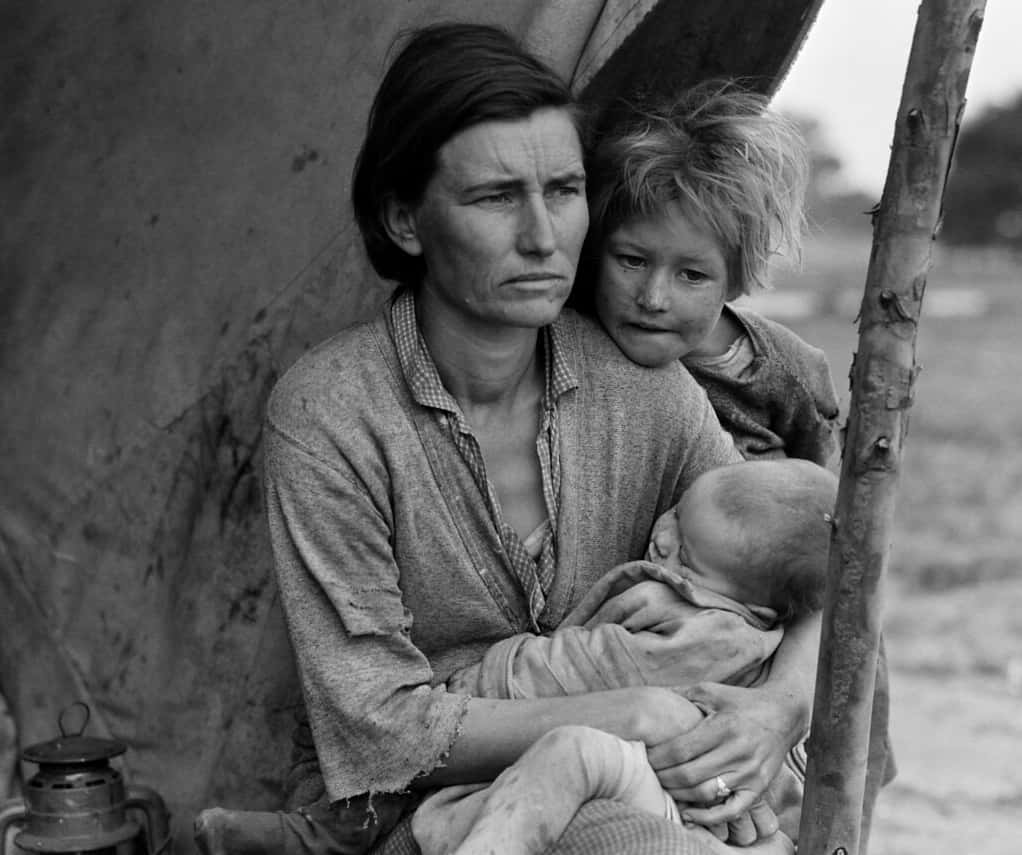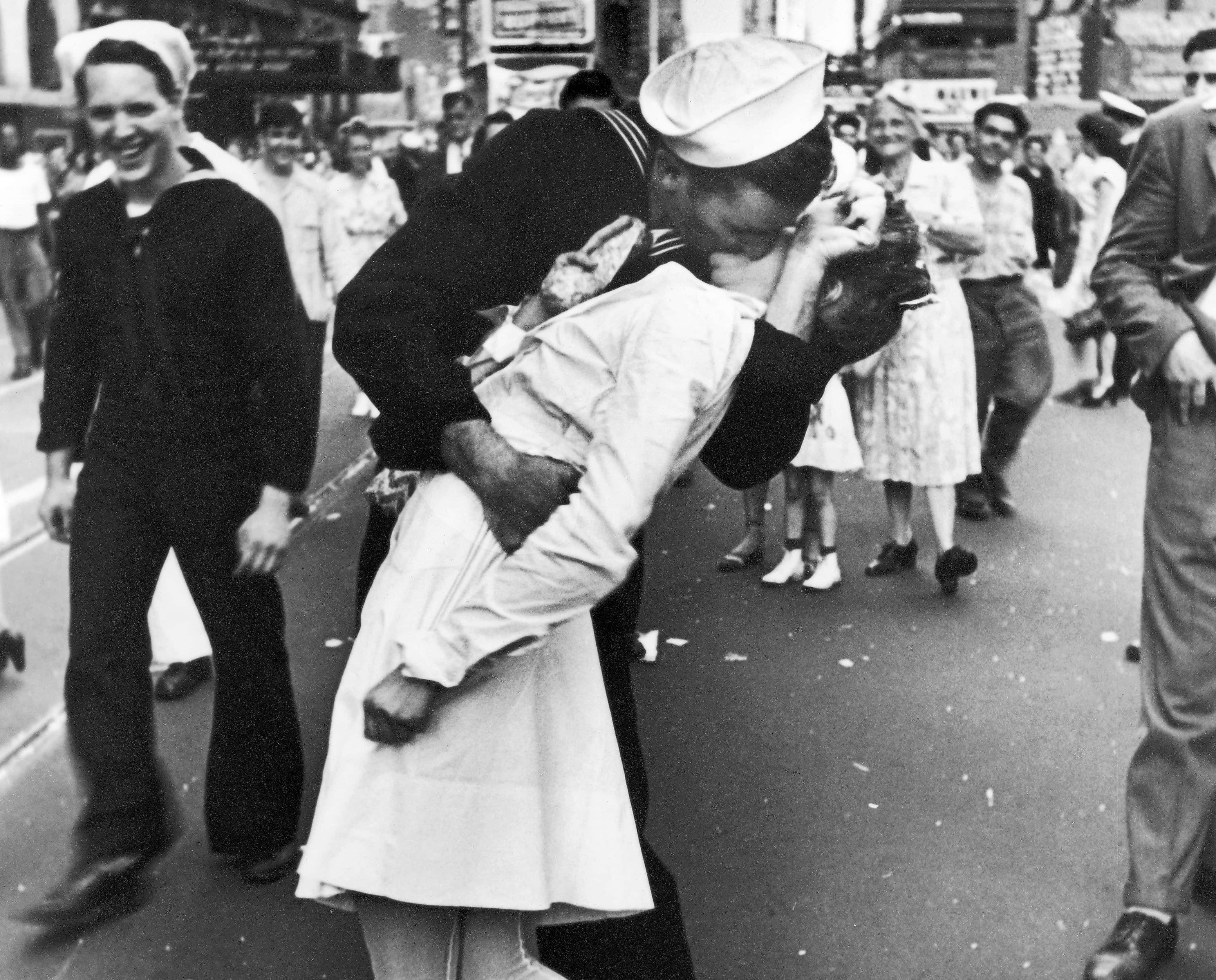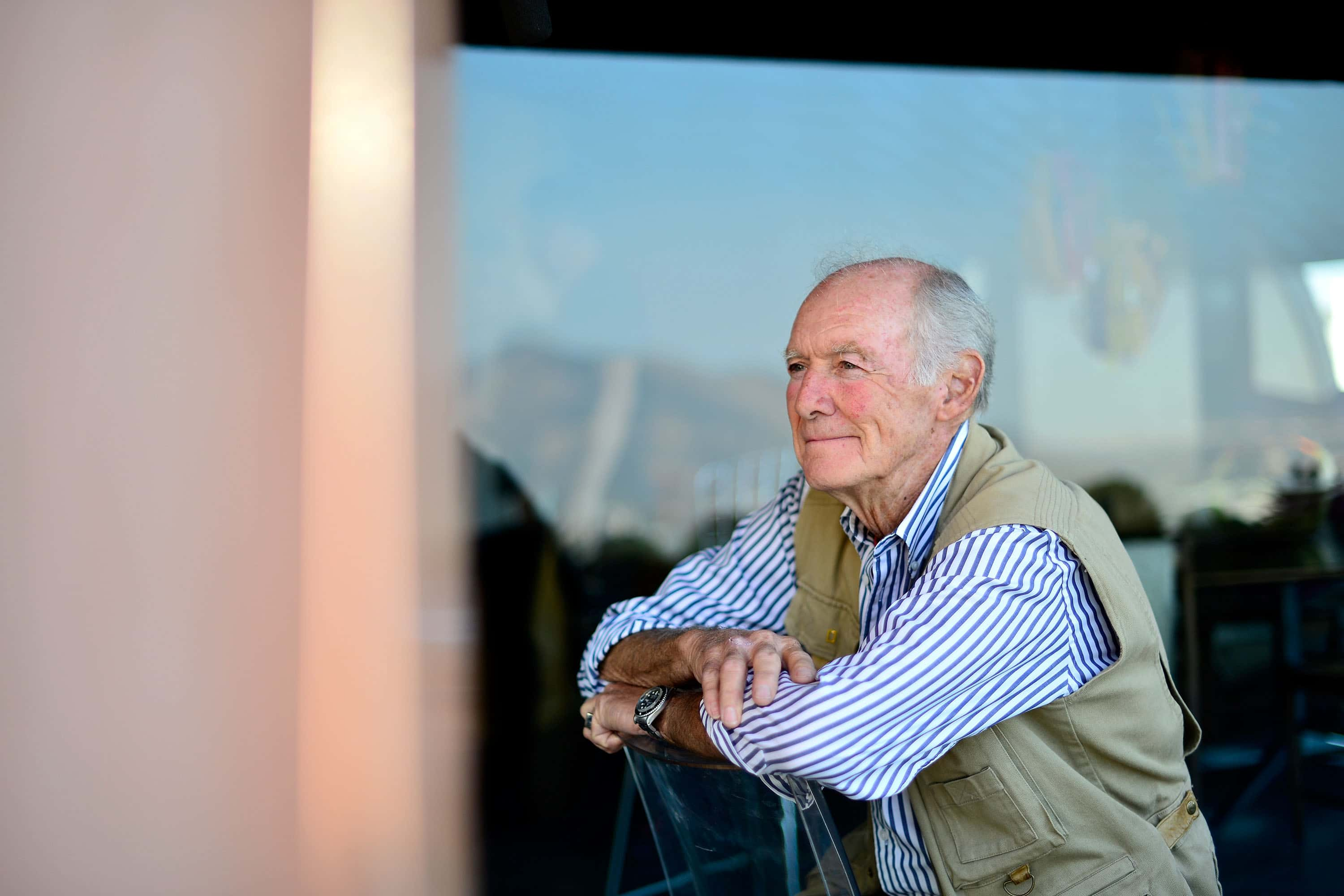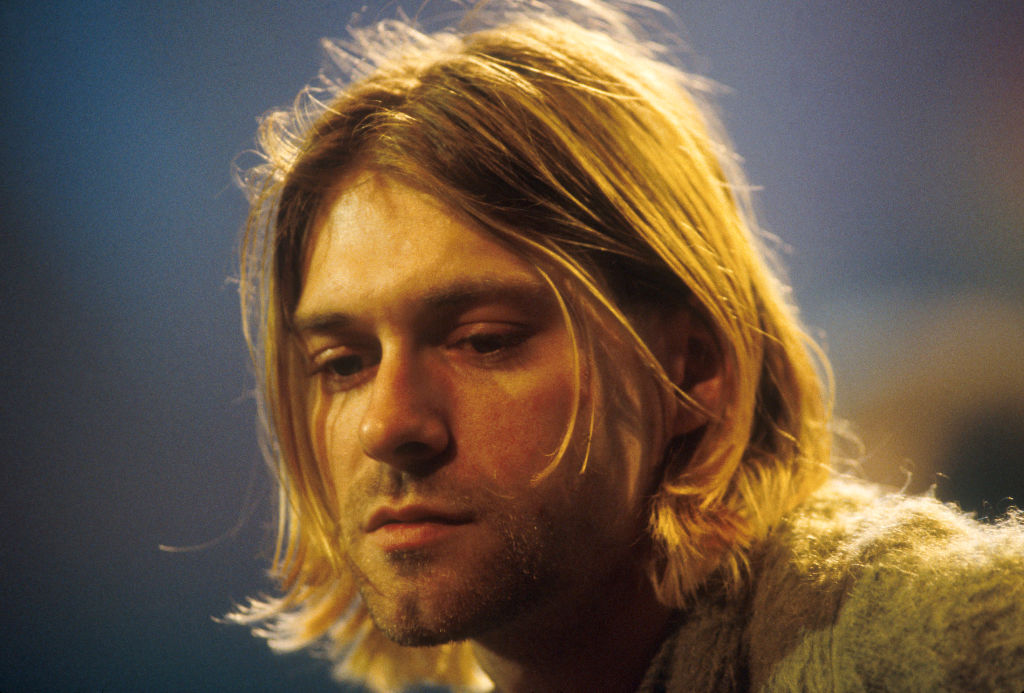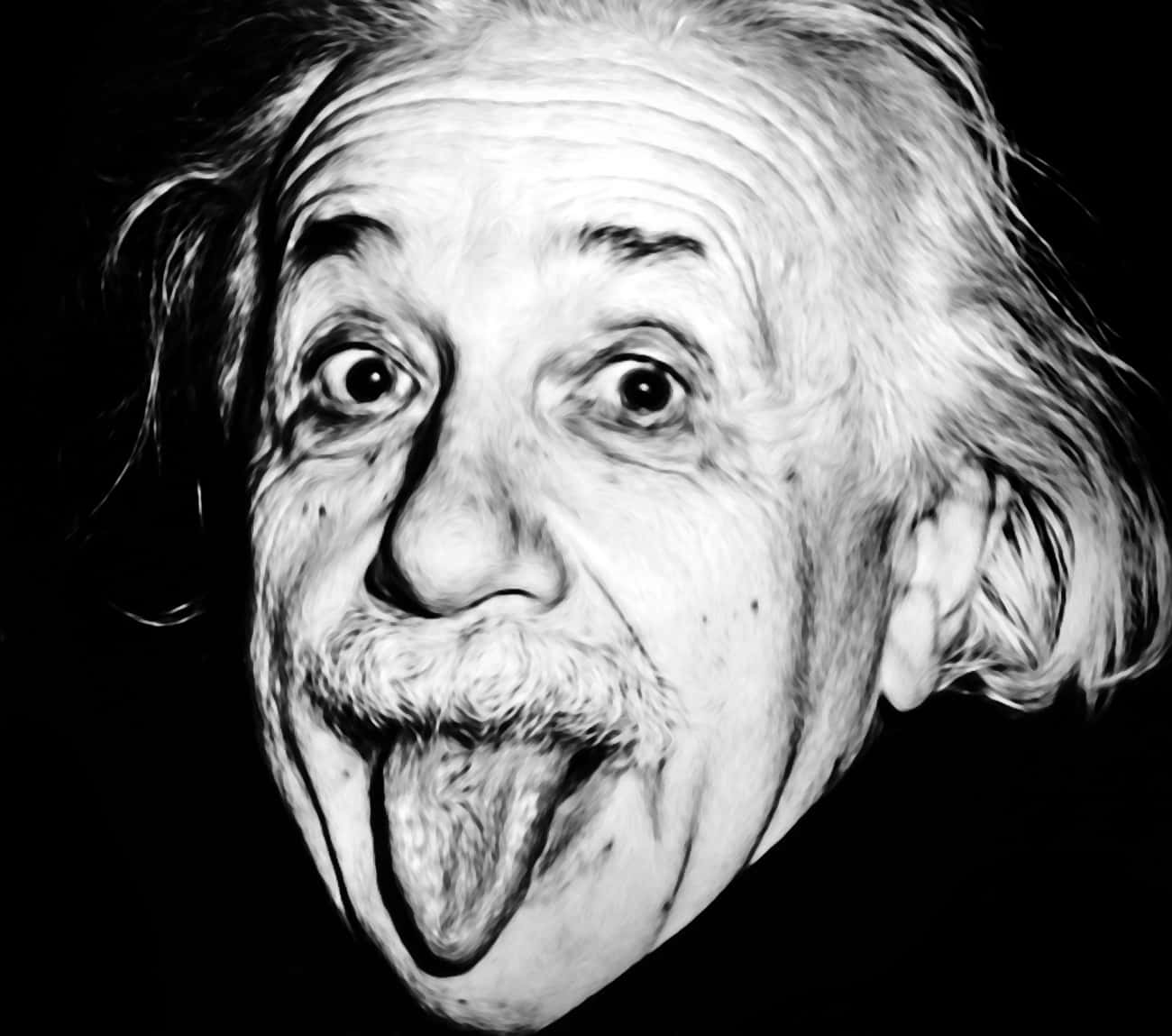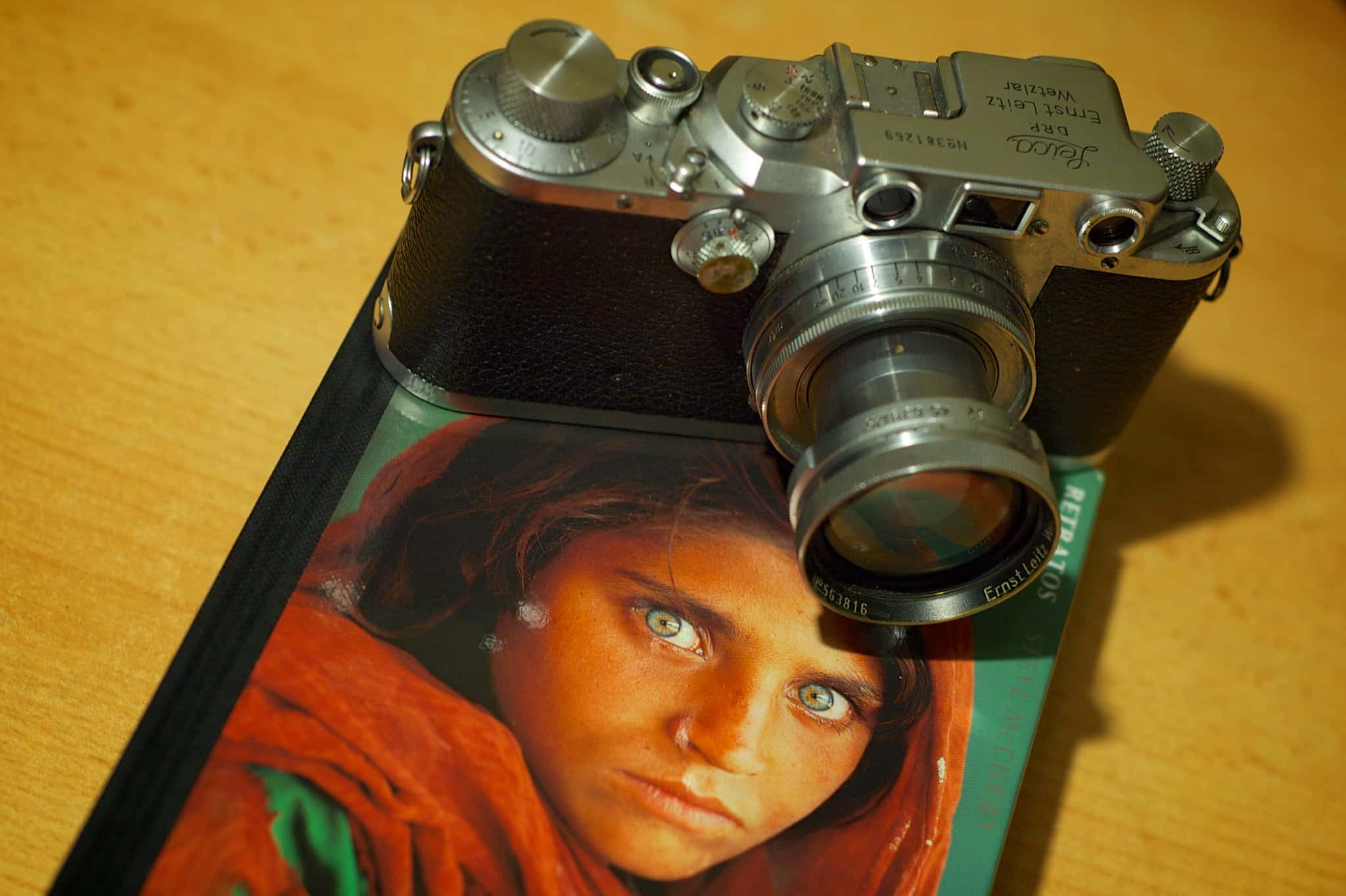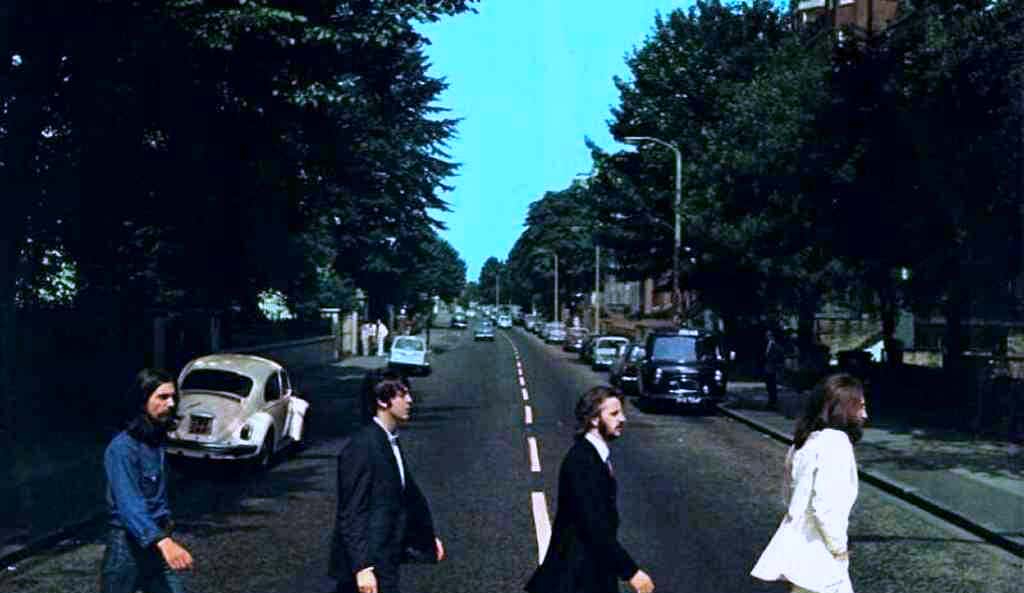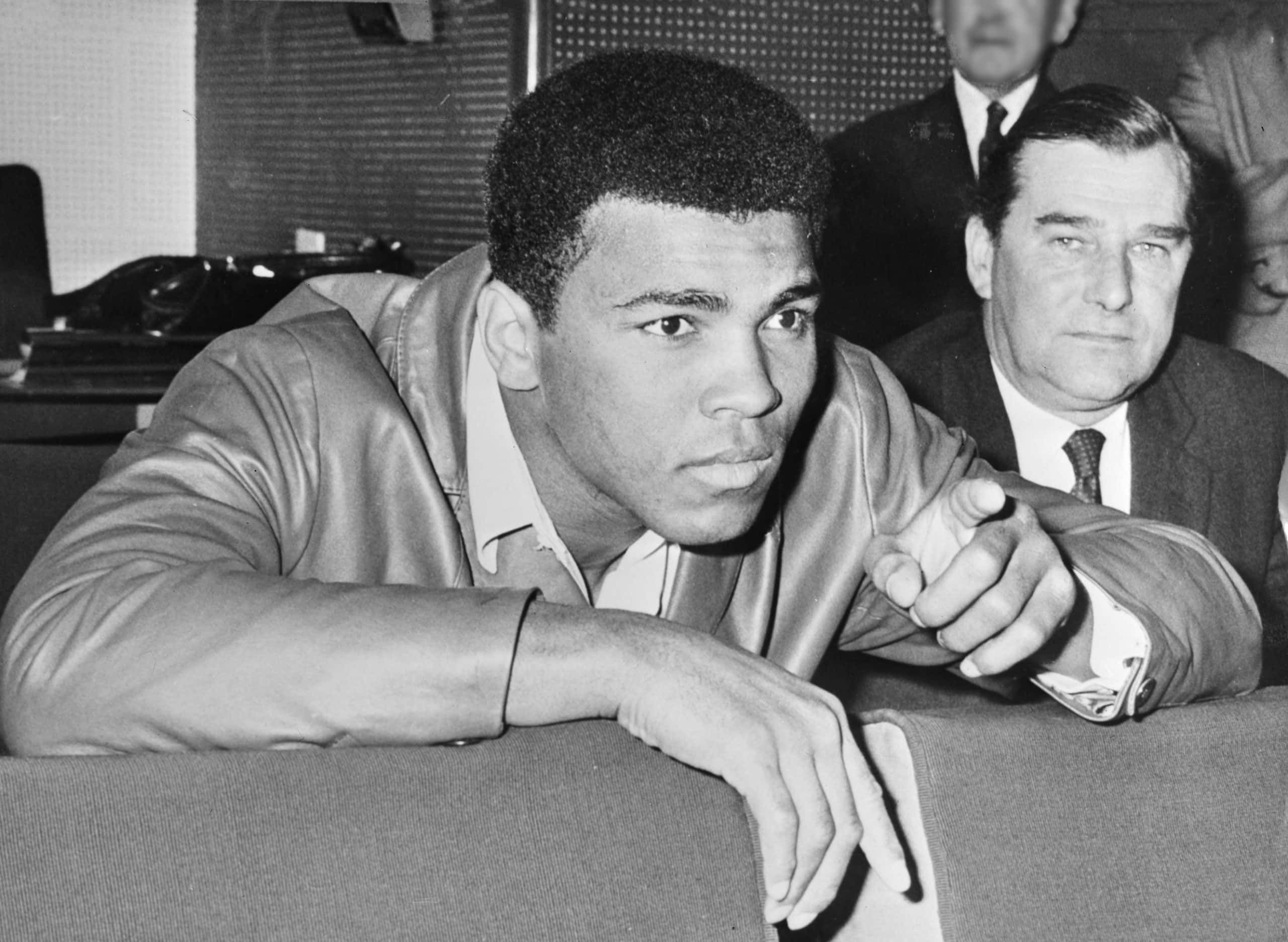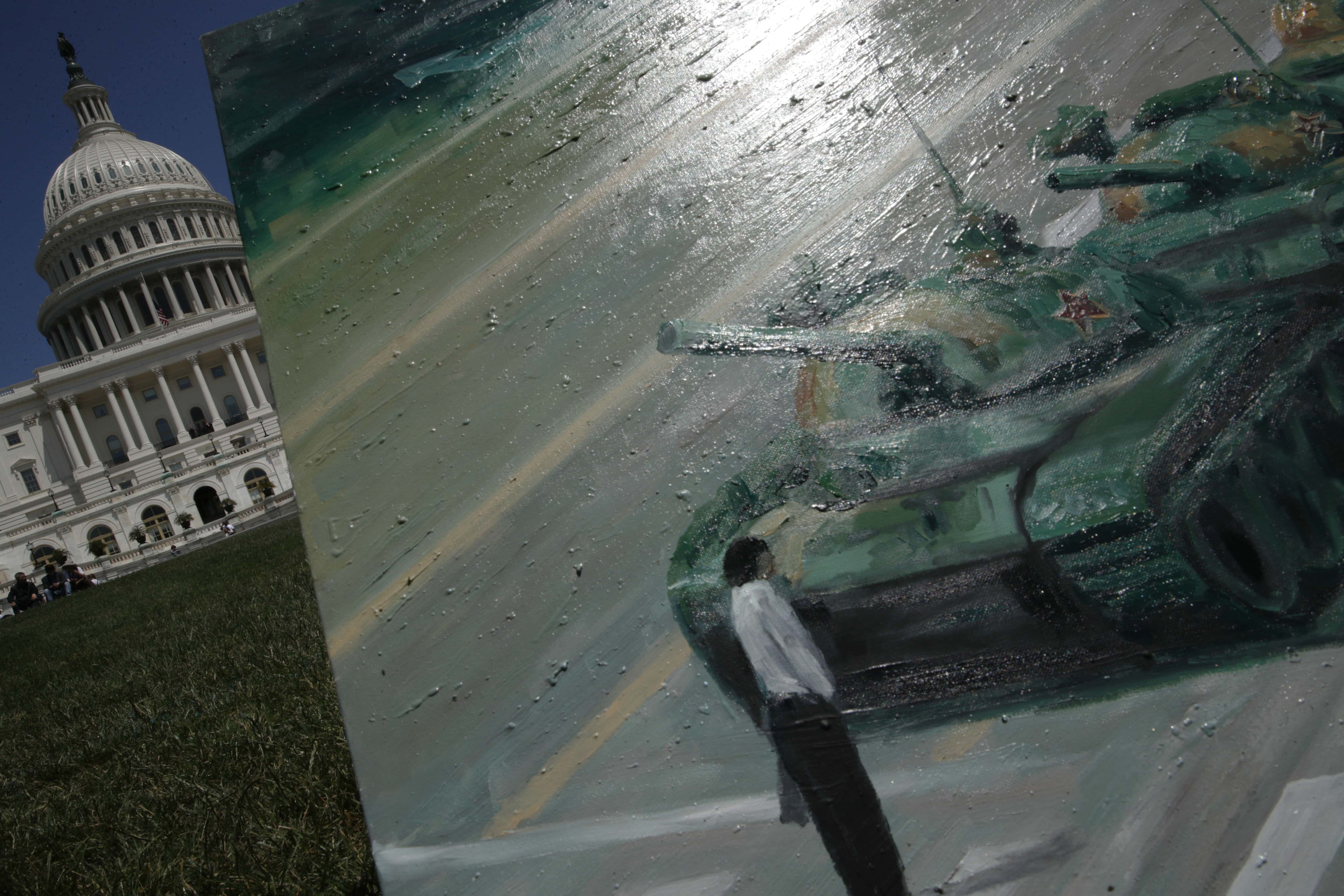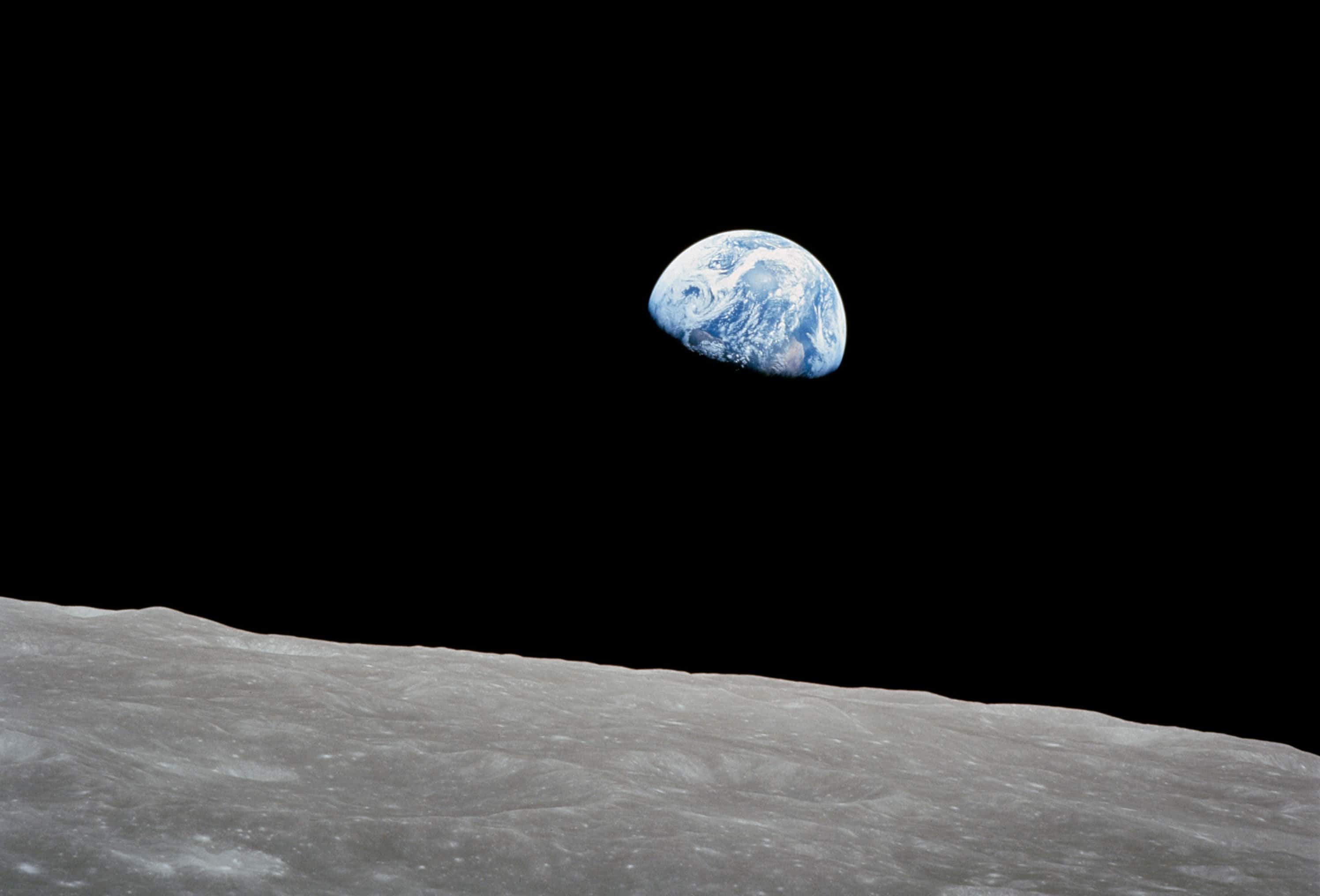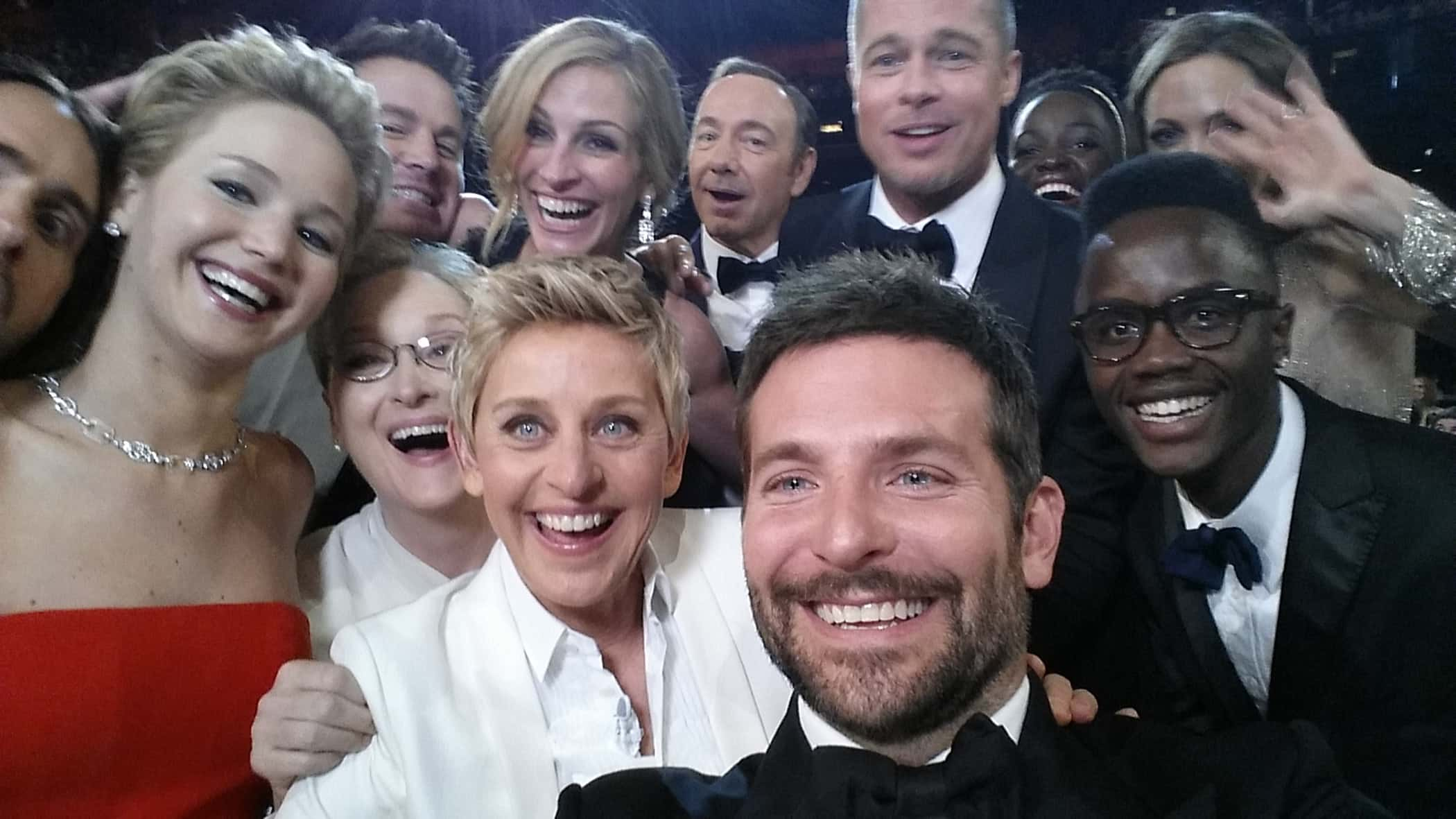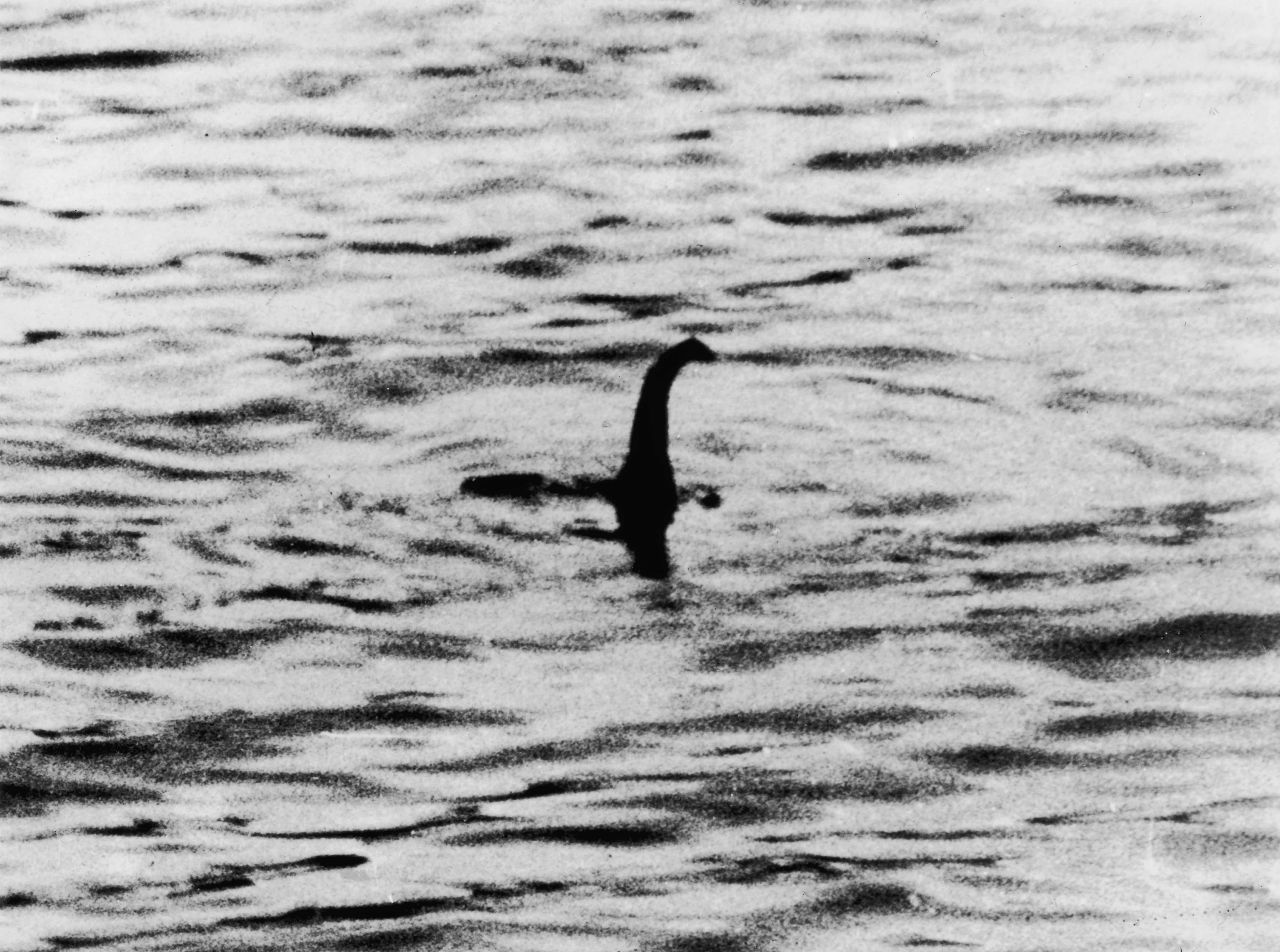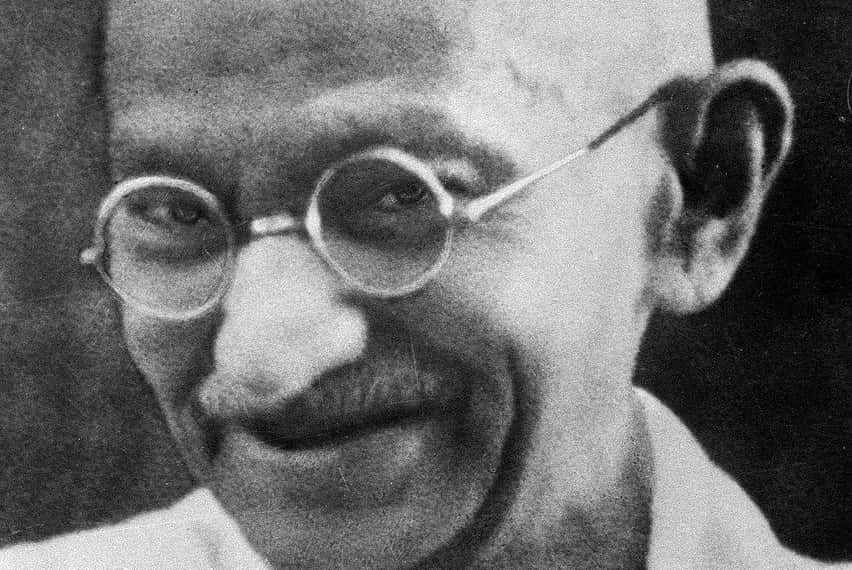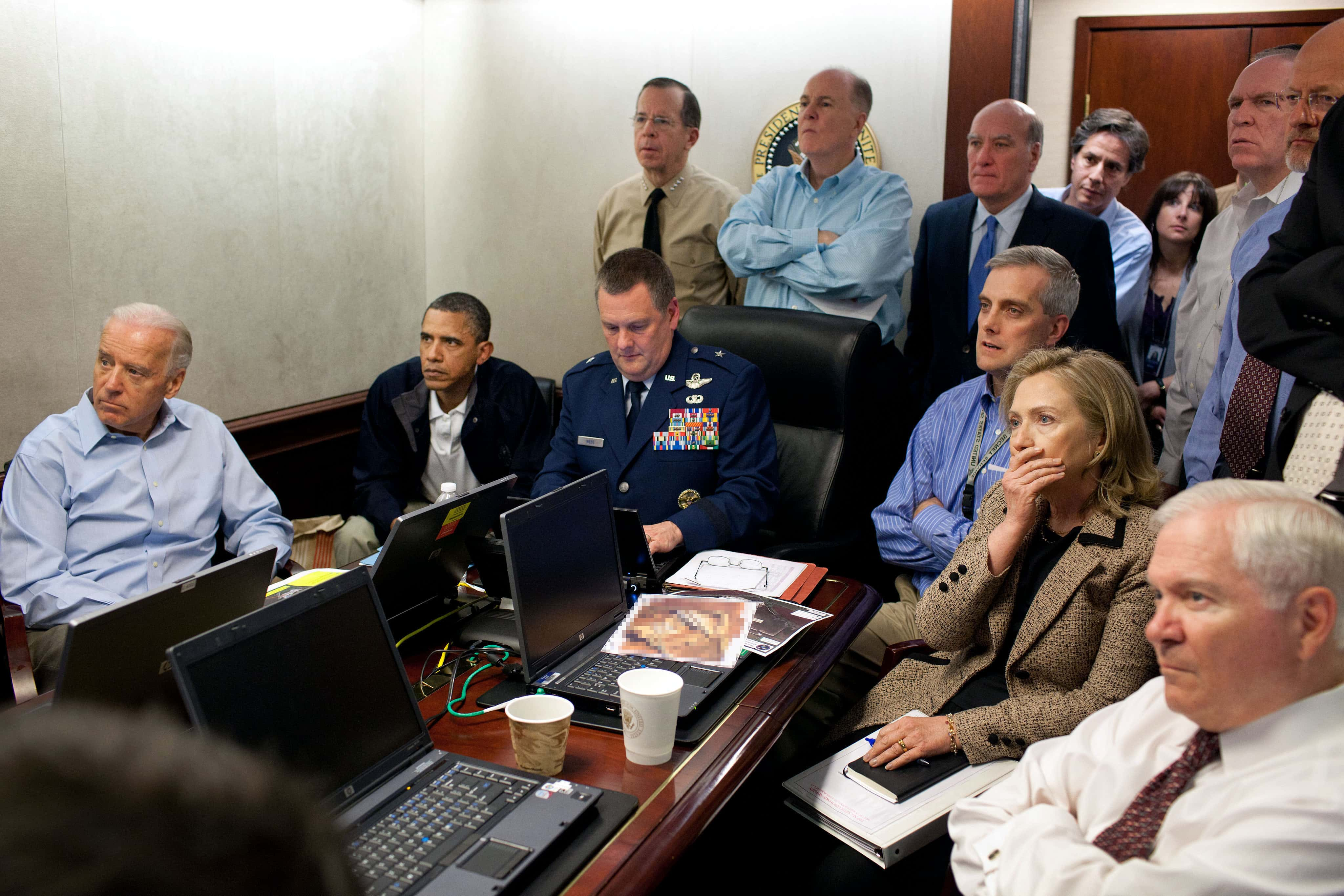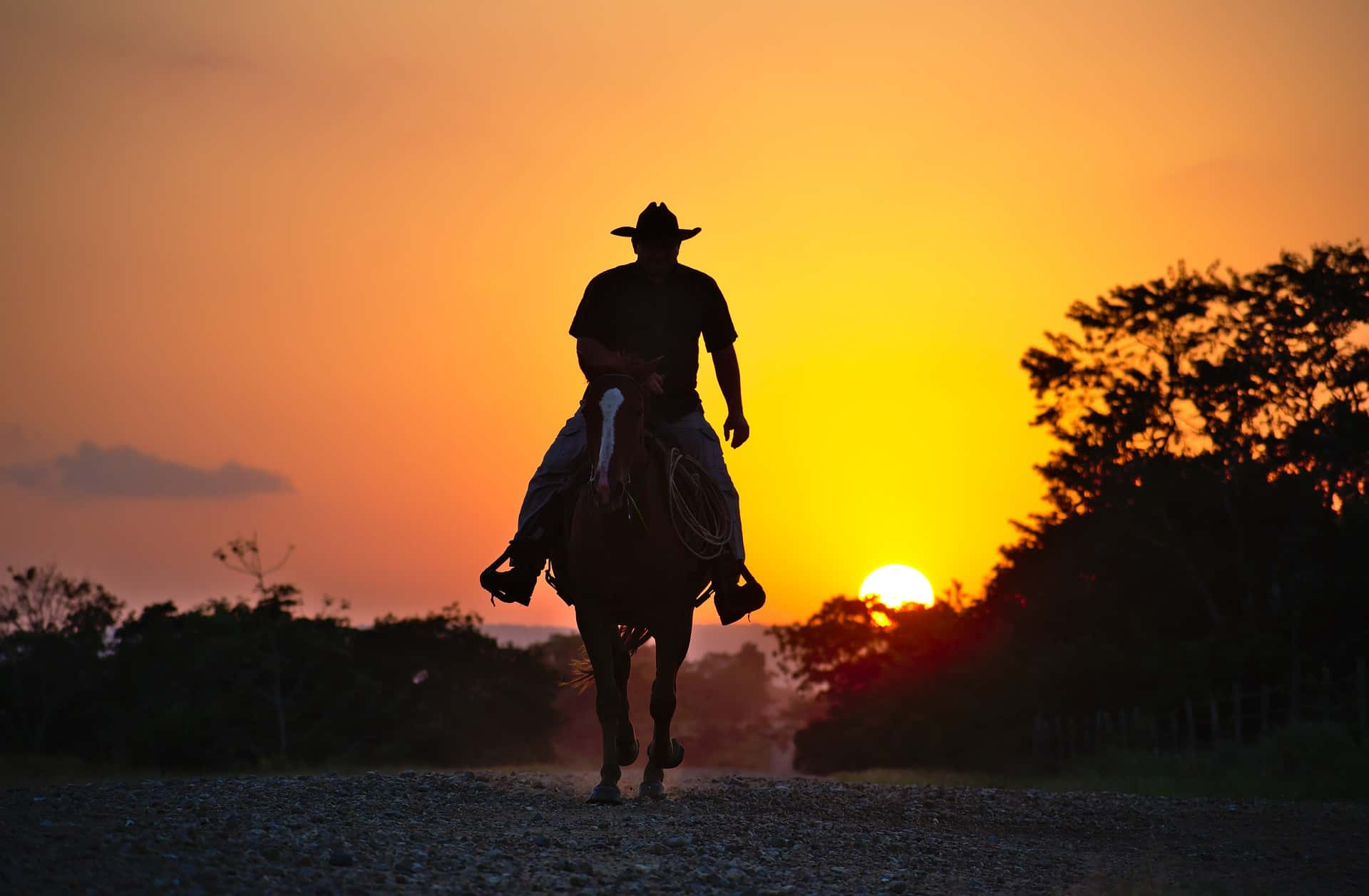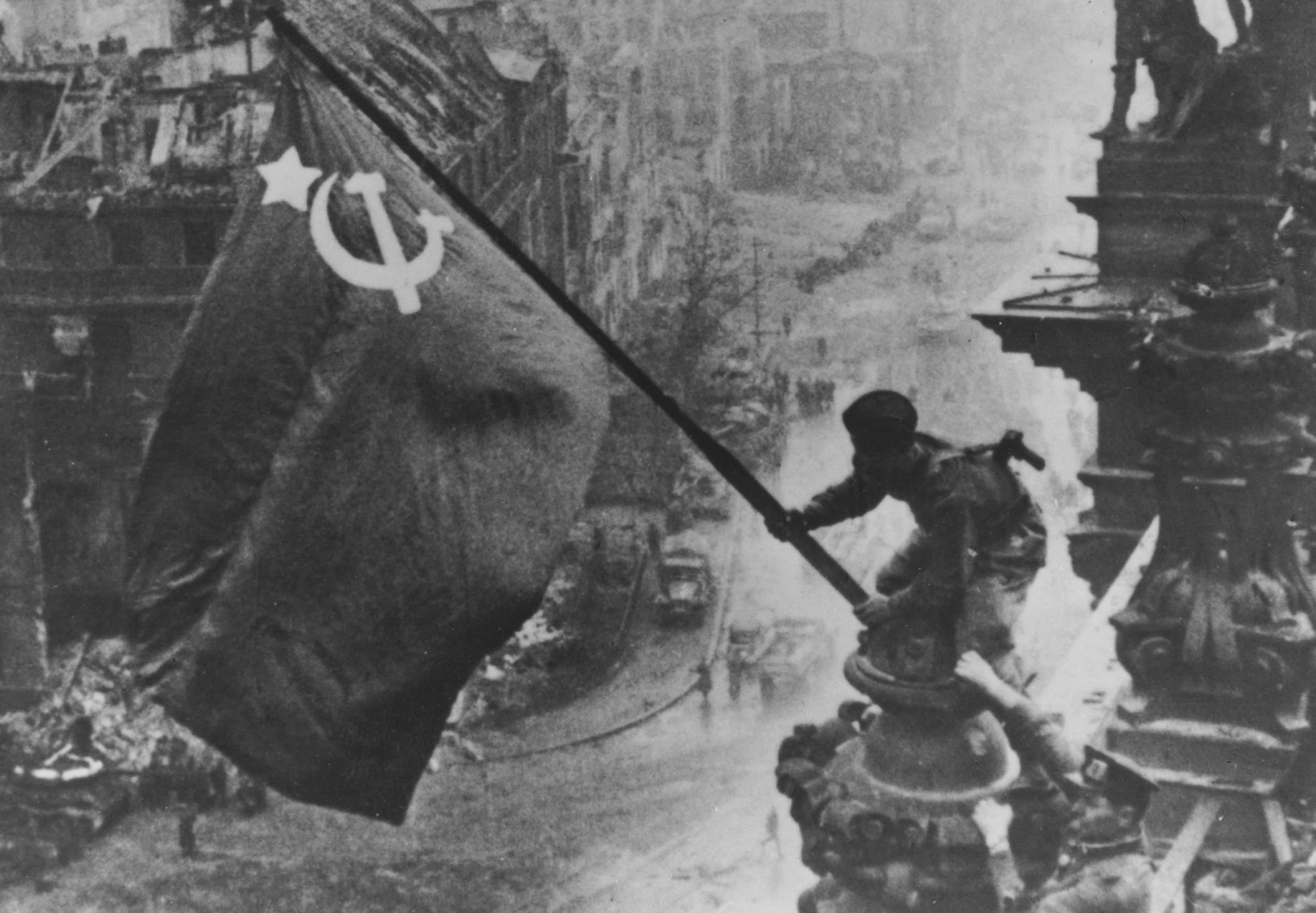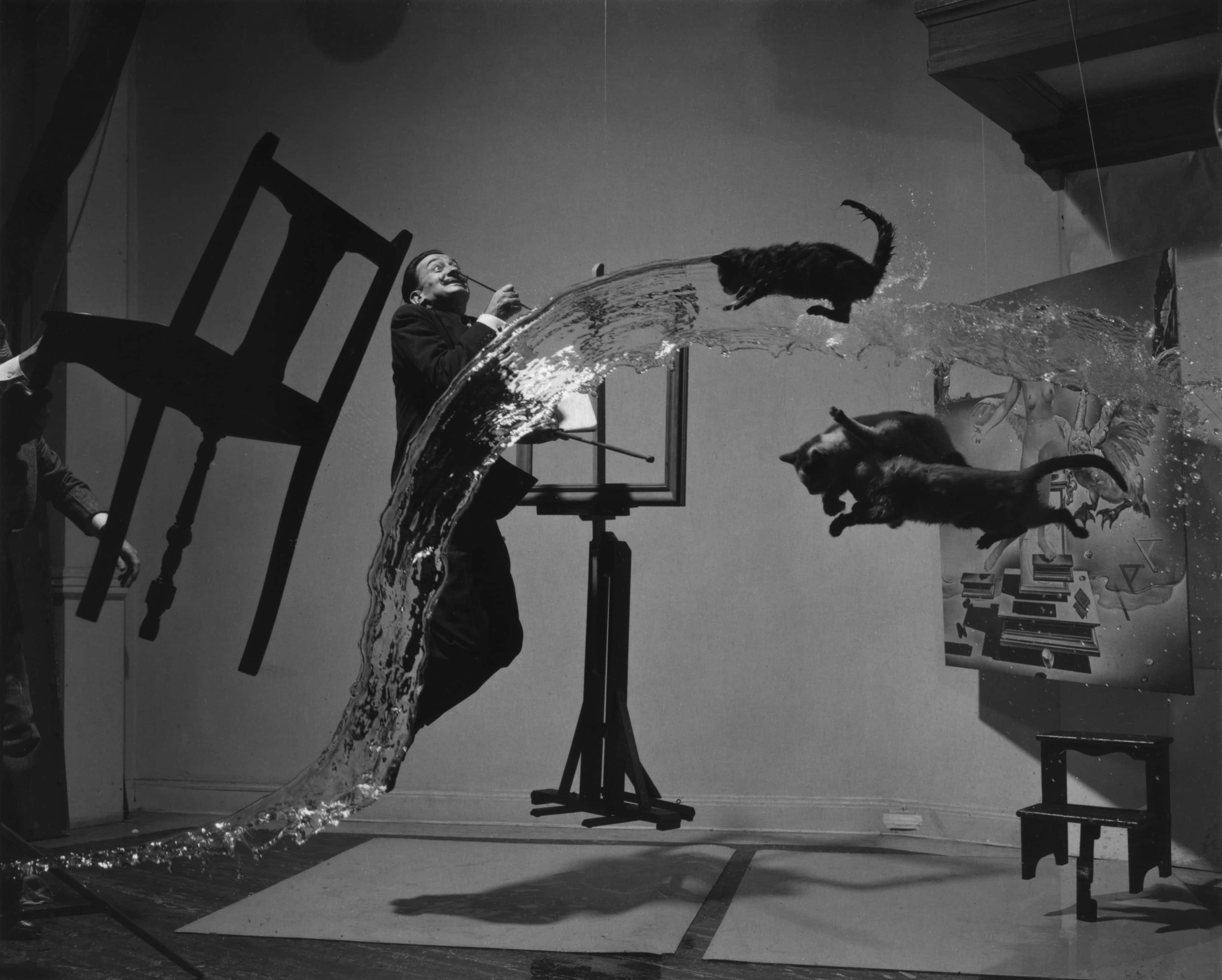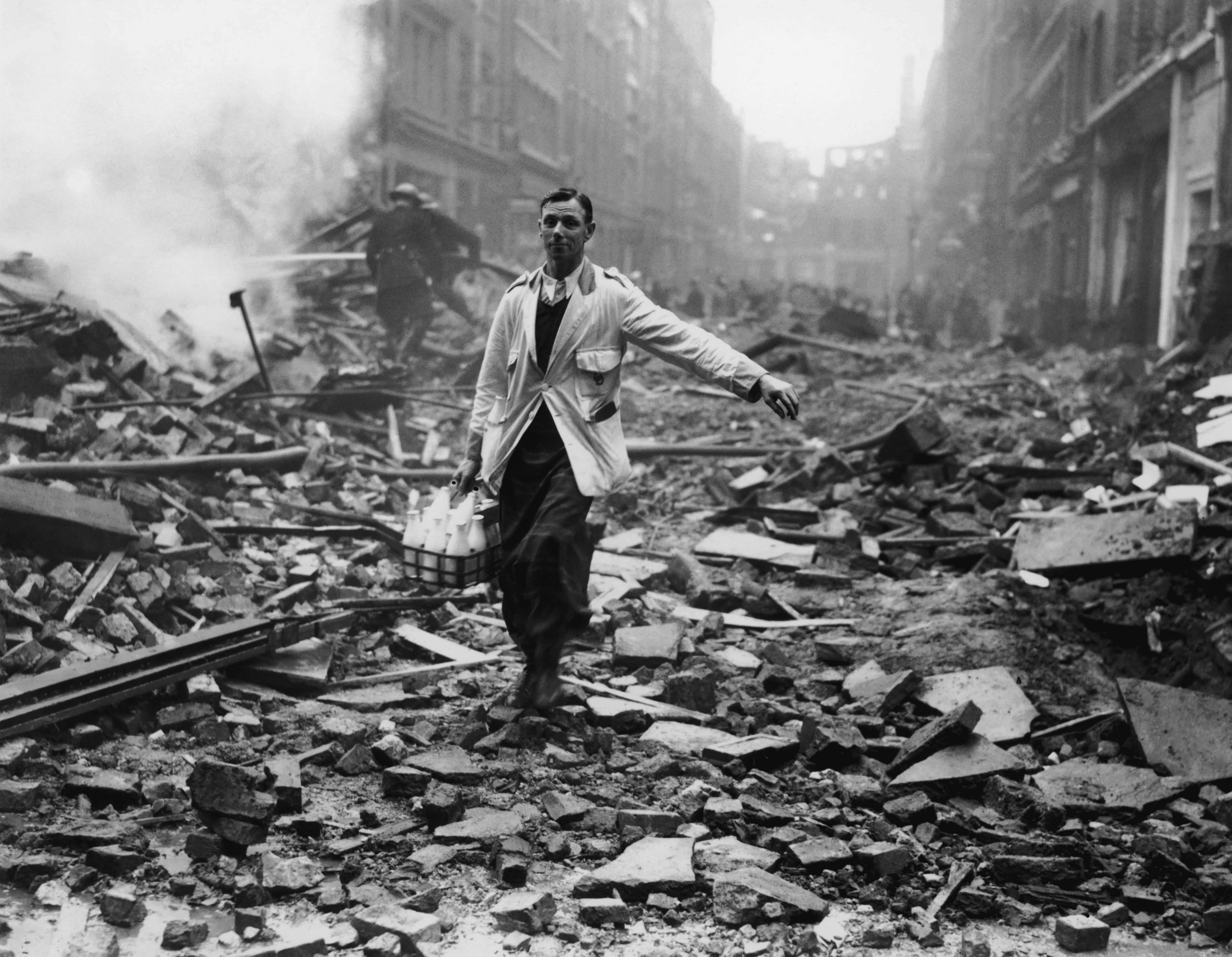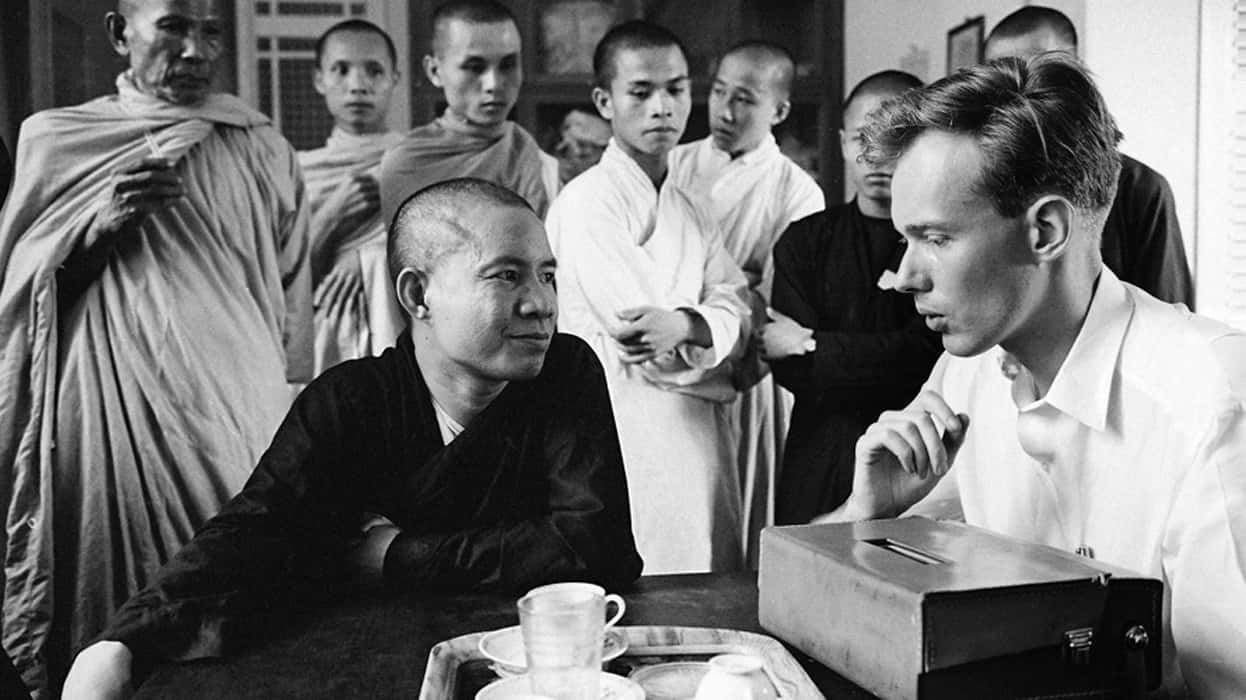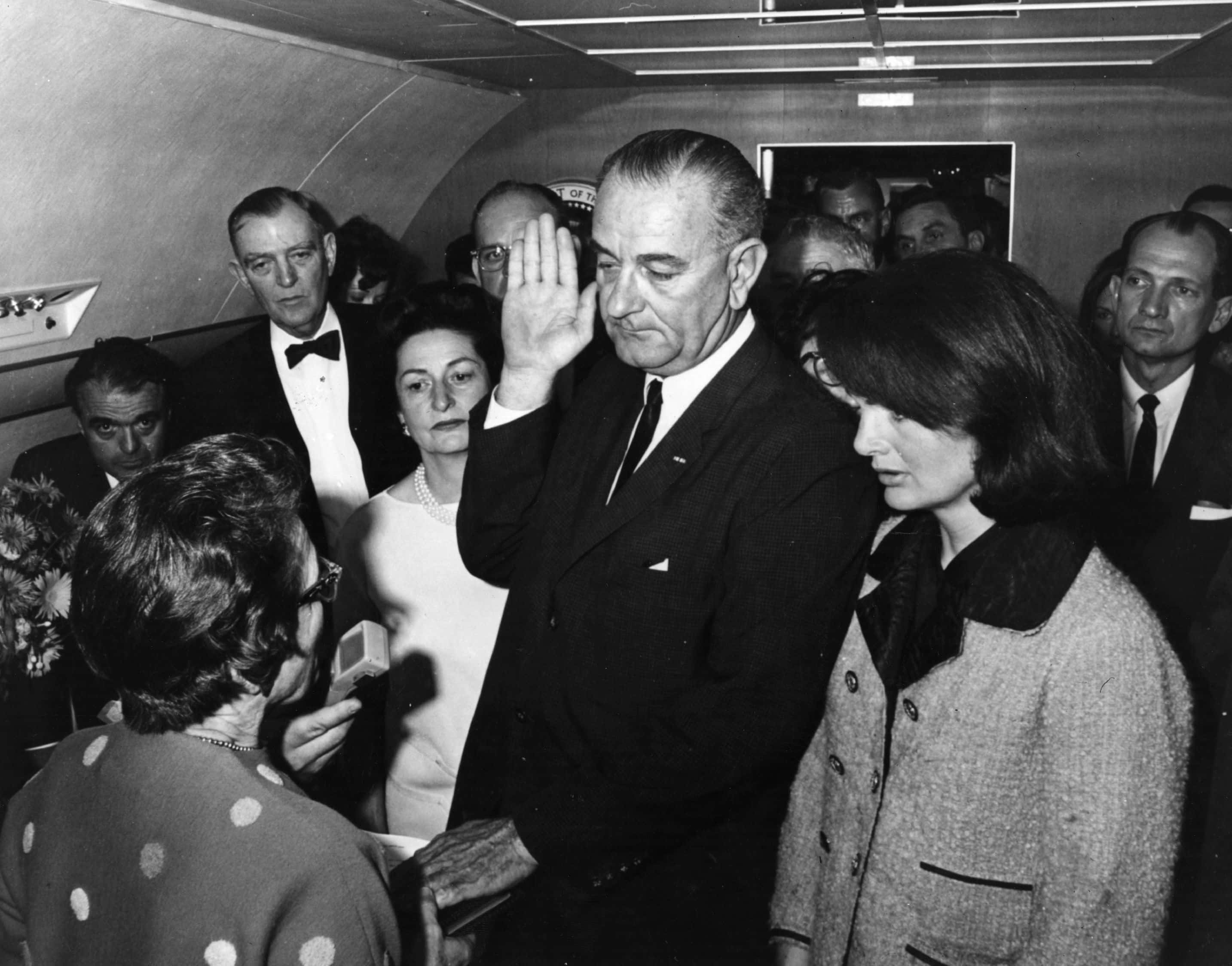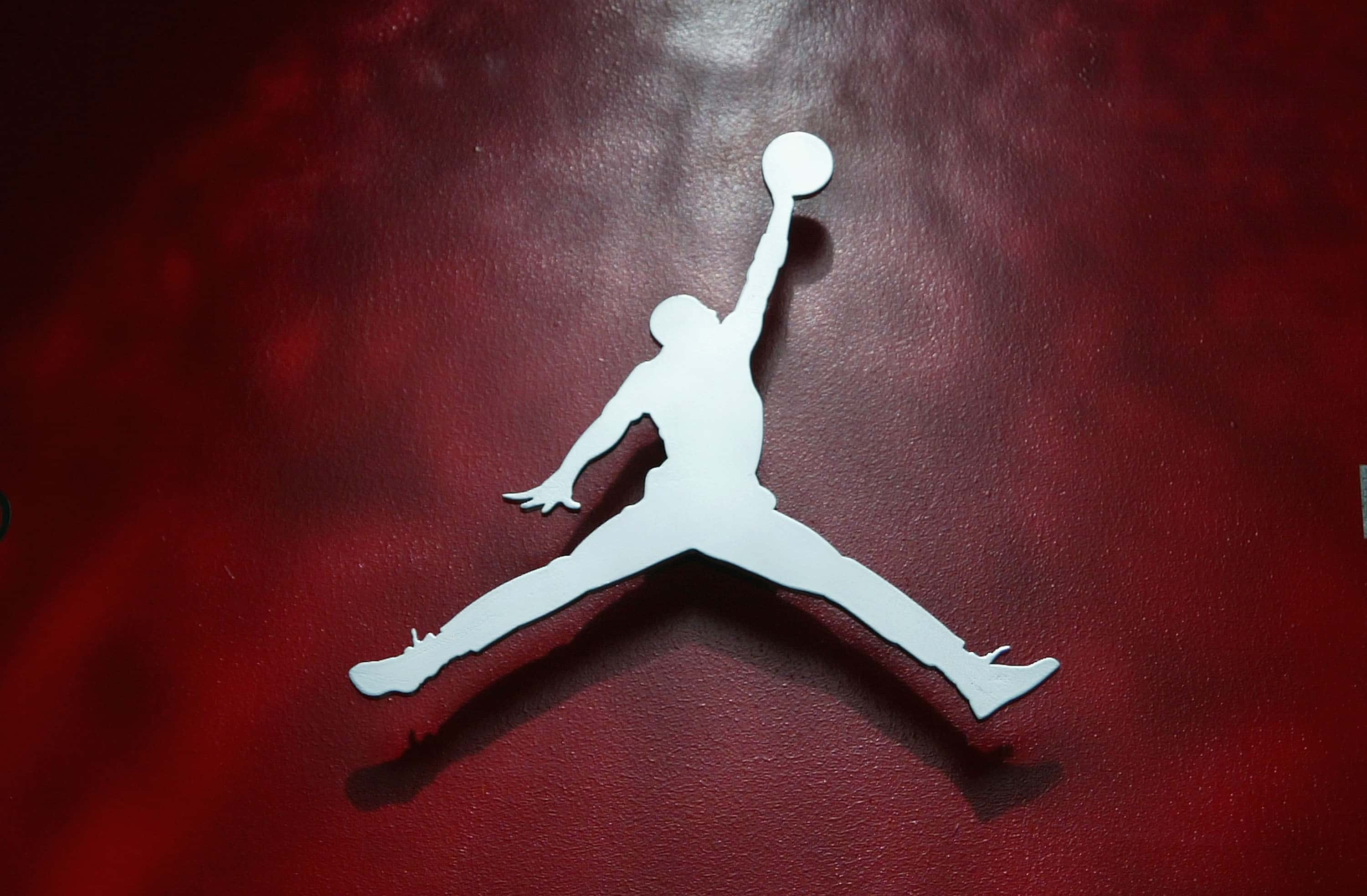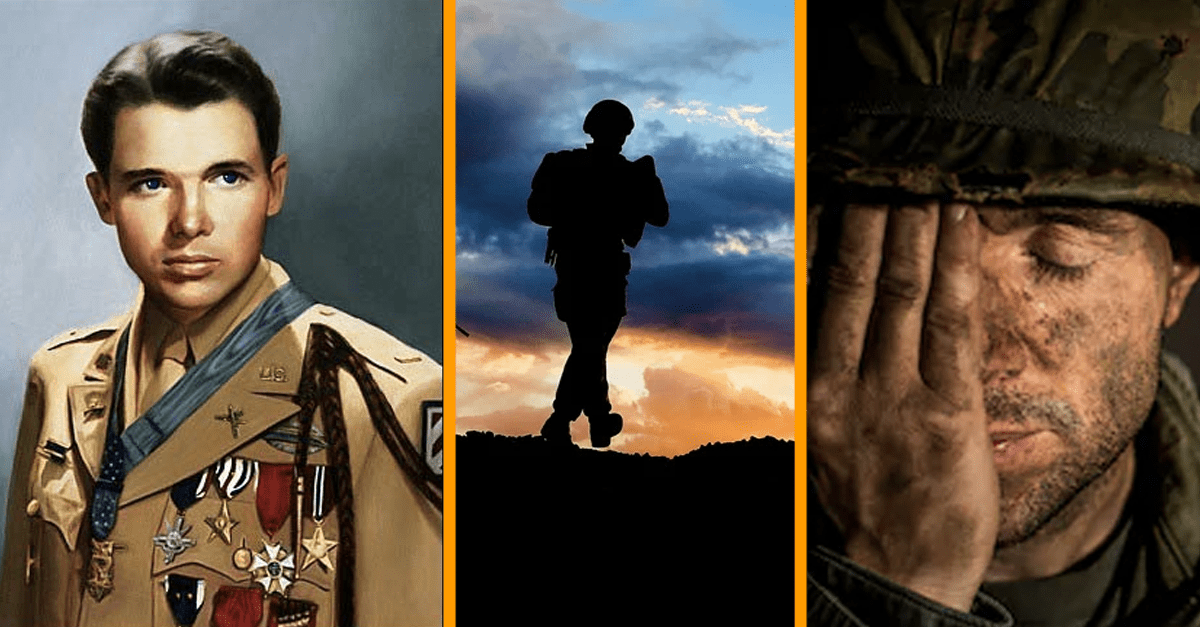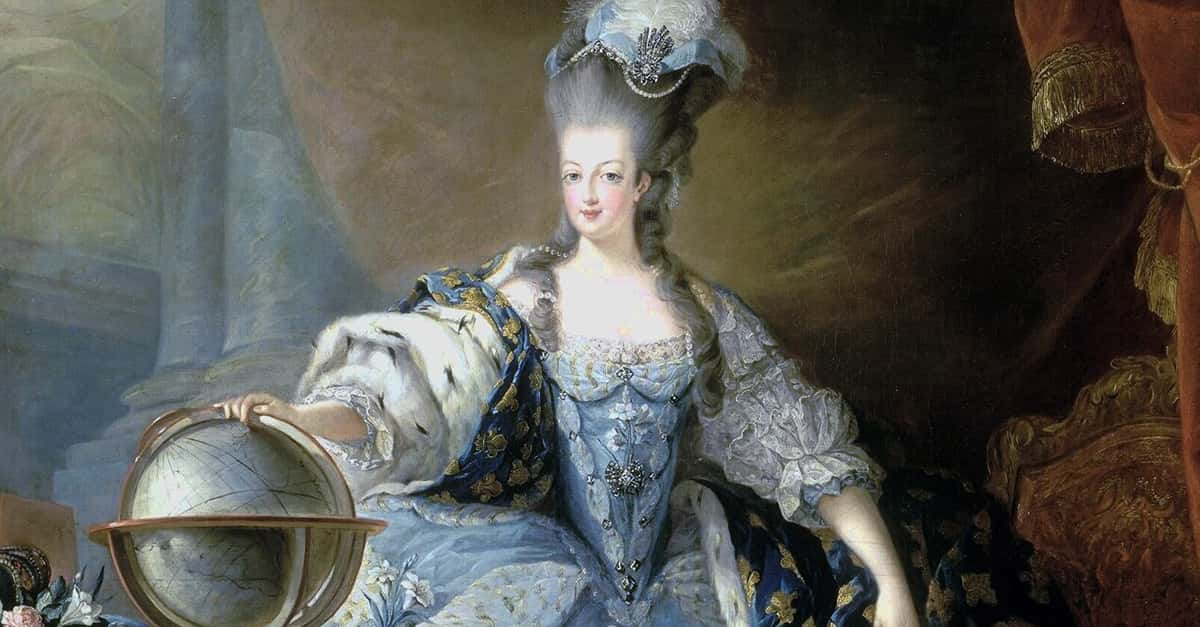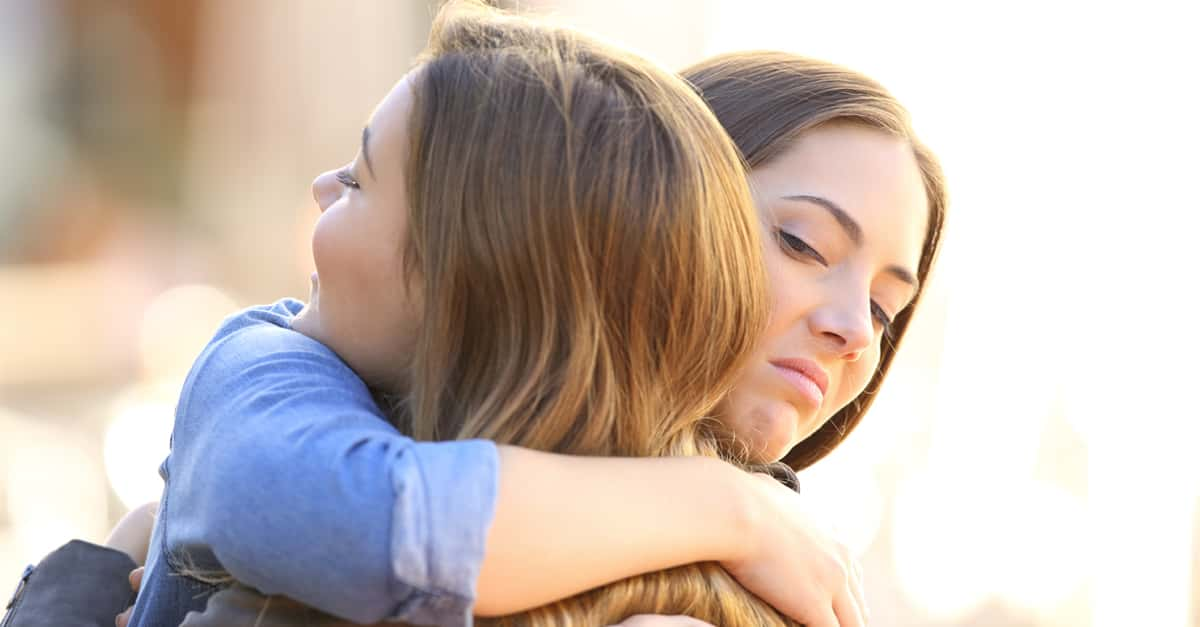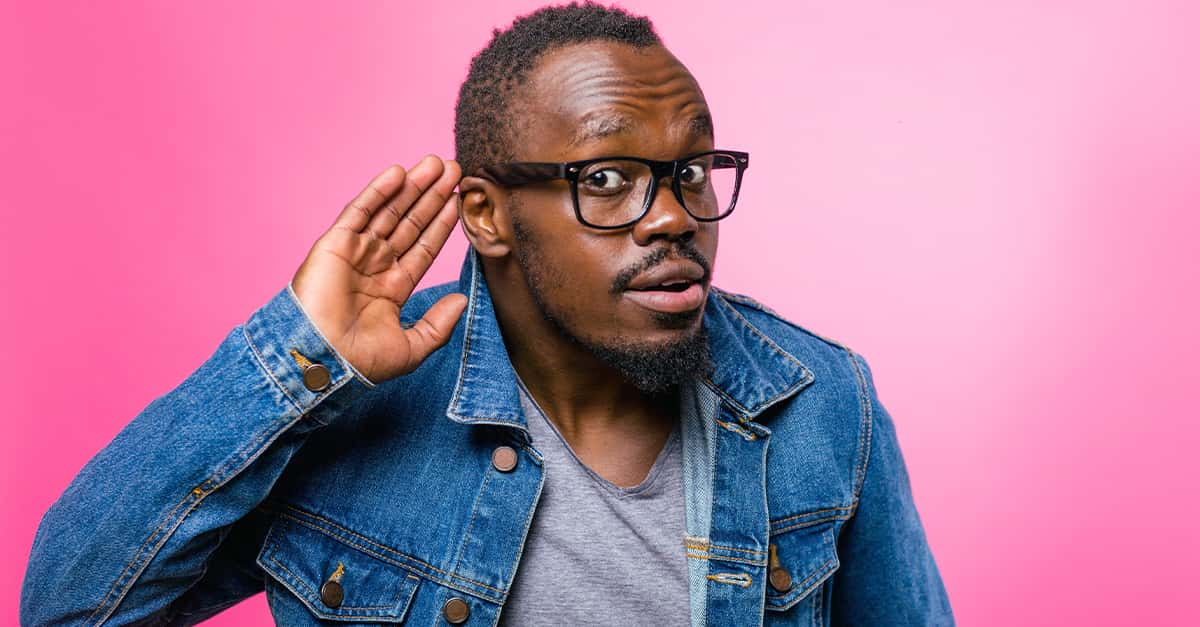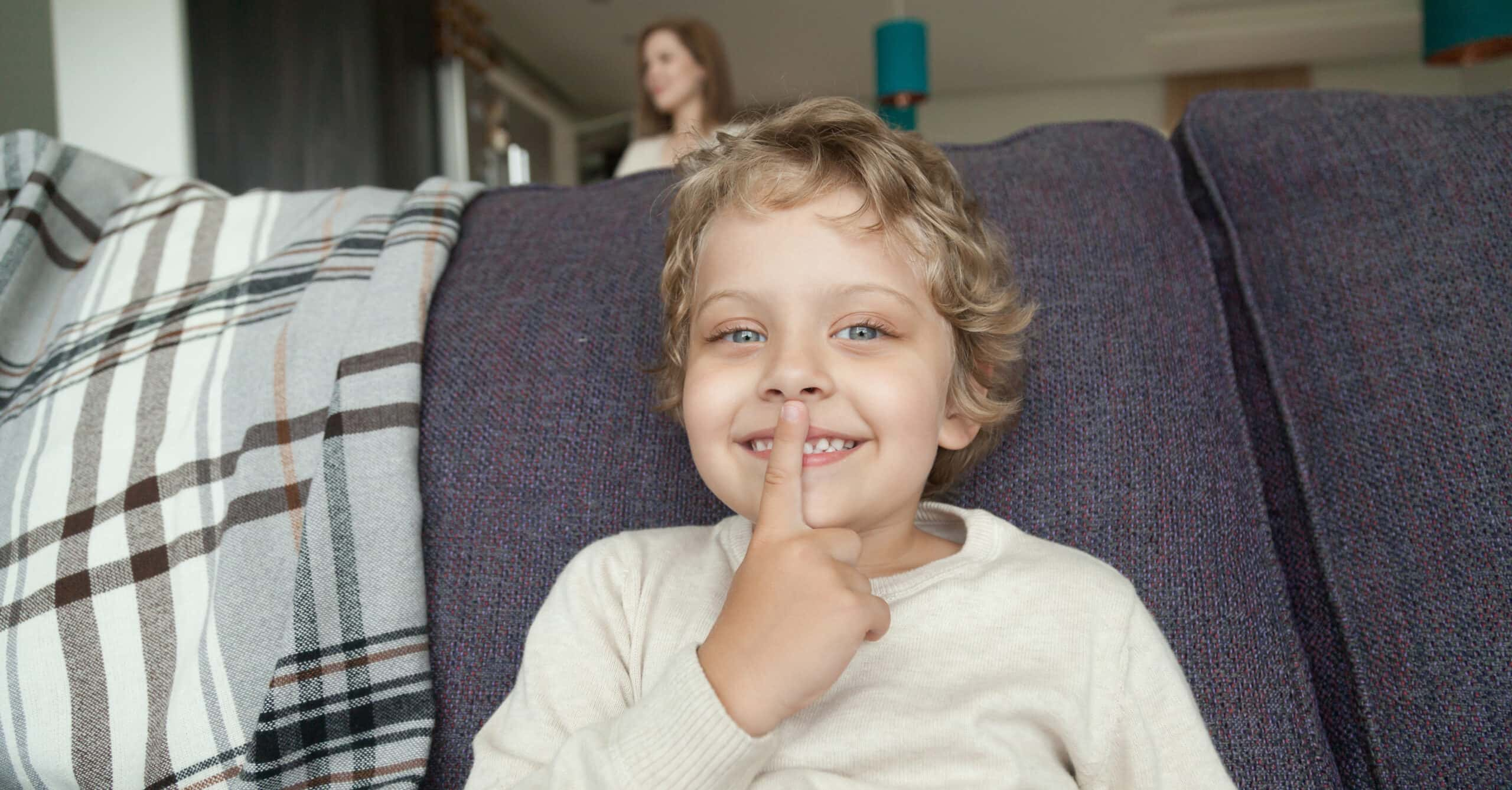“A photograph is a secret about a secret. The more it tells you the less you know” —Diane Arbus
The best photos reel us in and force us to engage with them. Sometimes enlightening, sometimes inspiring and sometimes enraging, the most memorable photography often embodies the best and worst of nations and people. Yes, a picture already speaks a thousand words, but a few more couldn’t hurt.
1. Raising the Flag on Iwo Jima
On February 23, 1945, Joe Rosenthal shot this photo of five Marines and one Navy corpsman raising a U.S. flag on Mt. Suribachi, on the fifth day of a battle that claimed the lives of 6,800 Americans and 21,000 Japanese. A smaller flag was initially raised, but a commander called for a larger, more easily-visible replacement to both inspire his men and demoralise his opponents. Rosenthal’s photo shows this second raising, which became a patriotic symbol of unity and won Rosenthal a Pulitzer Prize.
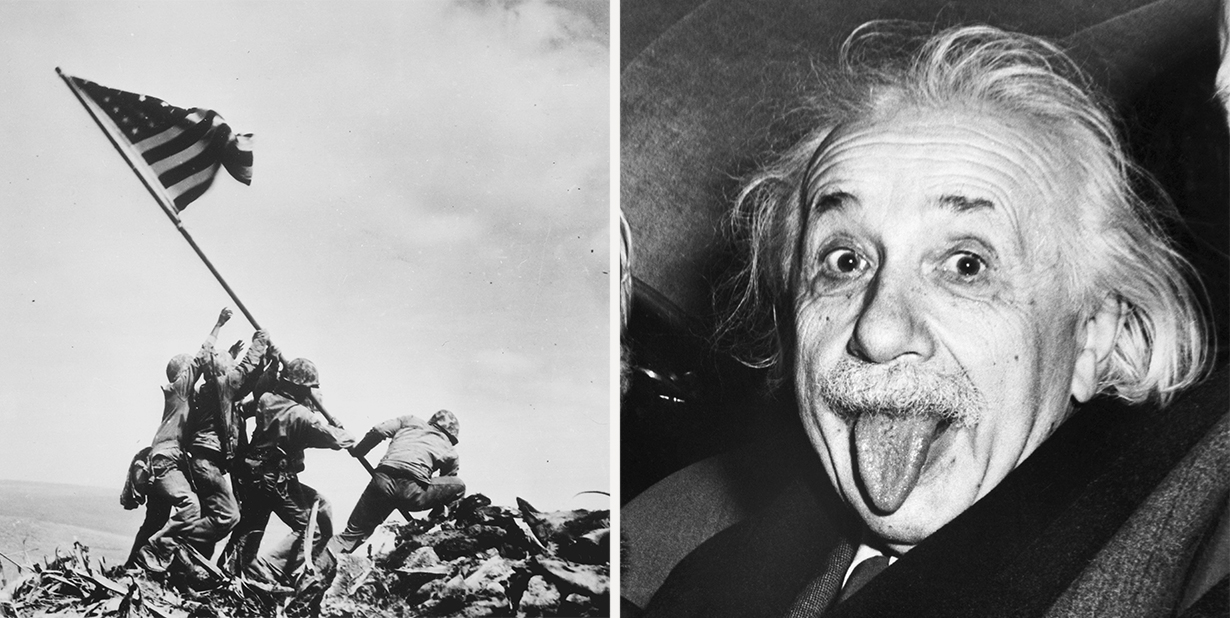
2. Lunch Atop a Skyscraper
This famous picture, depicting construction workers having lunch on a girder on top of a skyscraper in Rockefeller Center, New York, is actually a staged publicity photo intended to drum up excitement for the project’s impending completion (I guess construction workers don't really eat their lunch on steel girders). Still, they really are dangling their feet 850 feet above the ground, harness-free.
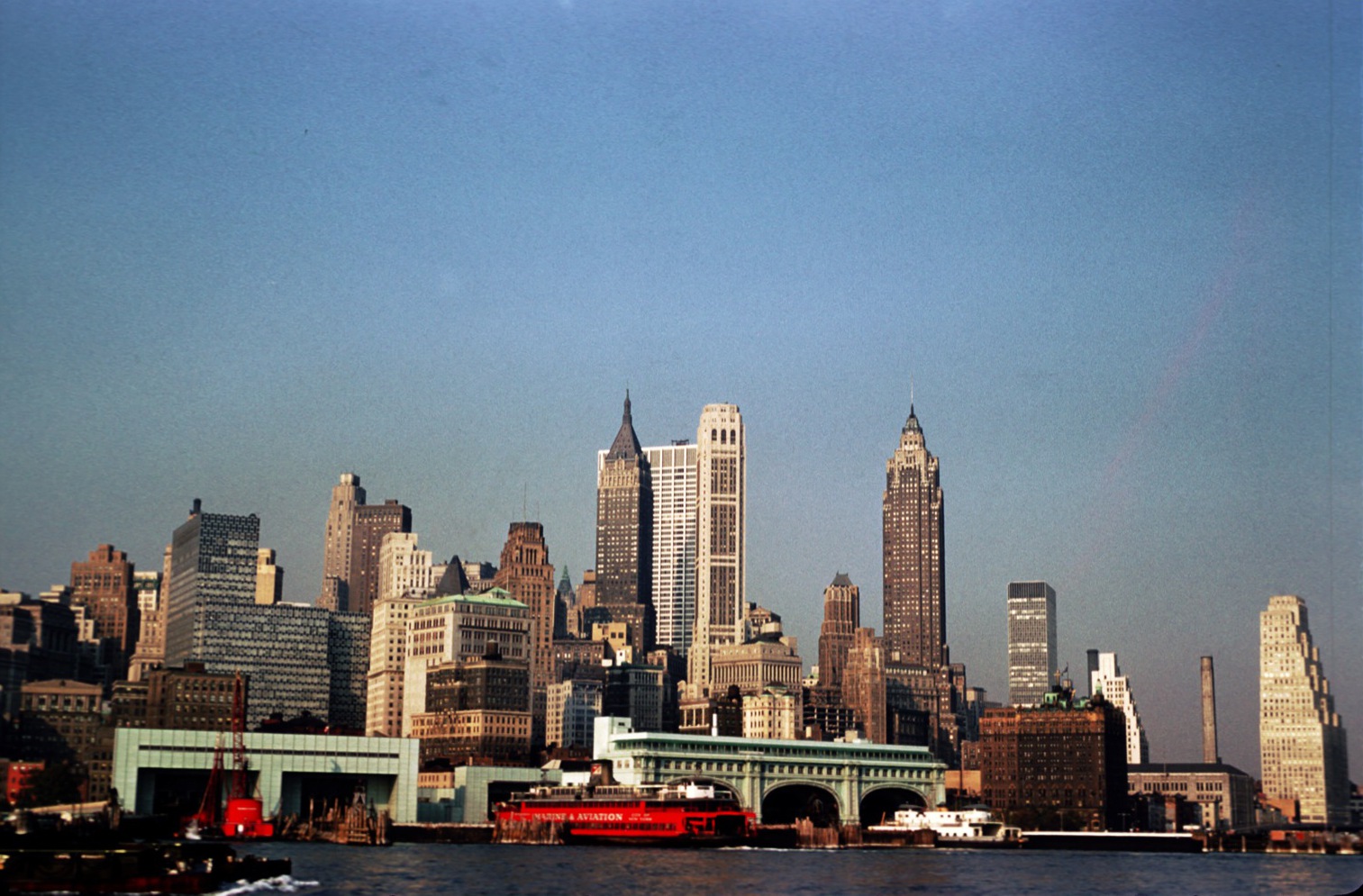 Harold Egeberg , CC BY-SA 2.0, Wikimedia Commons
Harold Egeberg , CC BY-SA 2.0, Wikimedia Commons
3. Migrant Mother
This image of an impoverished woman with two of her seven children at a pea-pickers camp in Nipomo, California was shot by photographer Dorothea Lange in 1936. The photo was taken to document the plight of migrant agricultural workers and was published in newspapers, prompting the government to deliver food aid to the Nipomo camp. The woman, 32 years old at the time and identified decades later as Florence Owens Thompson, was critical of Lange and stated that she felt the photo was exploitative and wished it hadn’t been taken. She also expressed regret she hadn’t made any money from it. Thompson departed this life at the age of 80 in 1983.
4. Winston Churchill, December 30, 1941
One of the most iconic portraits of Churchill was taken by Yousuf Karsh after the prime minister had spoken to the Canadian Parliament in 1941. Churchill had lit a fresh cigar beforehand, and Karsh asked him to remove it for the photo. When he refused, Karsh stepped forward, said “Forgive me, sir,” and removed the cigar himself, resulting in that less-than-thrilled facial expression.
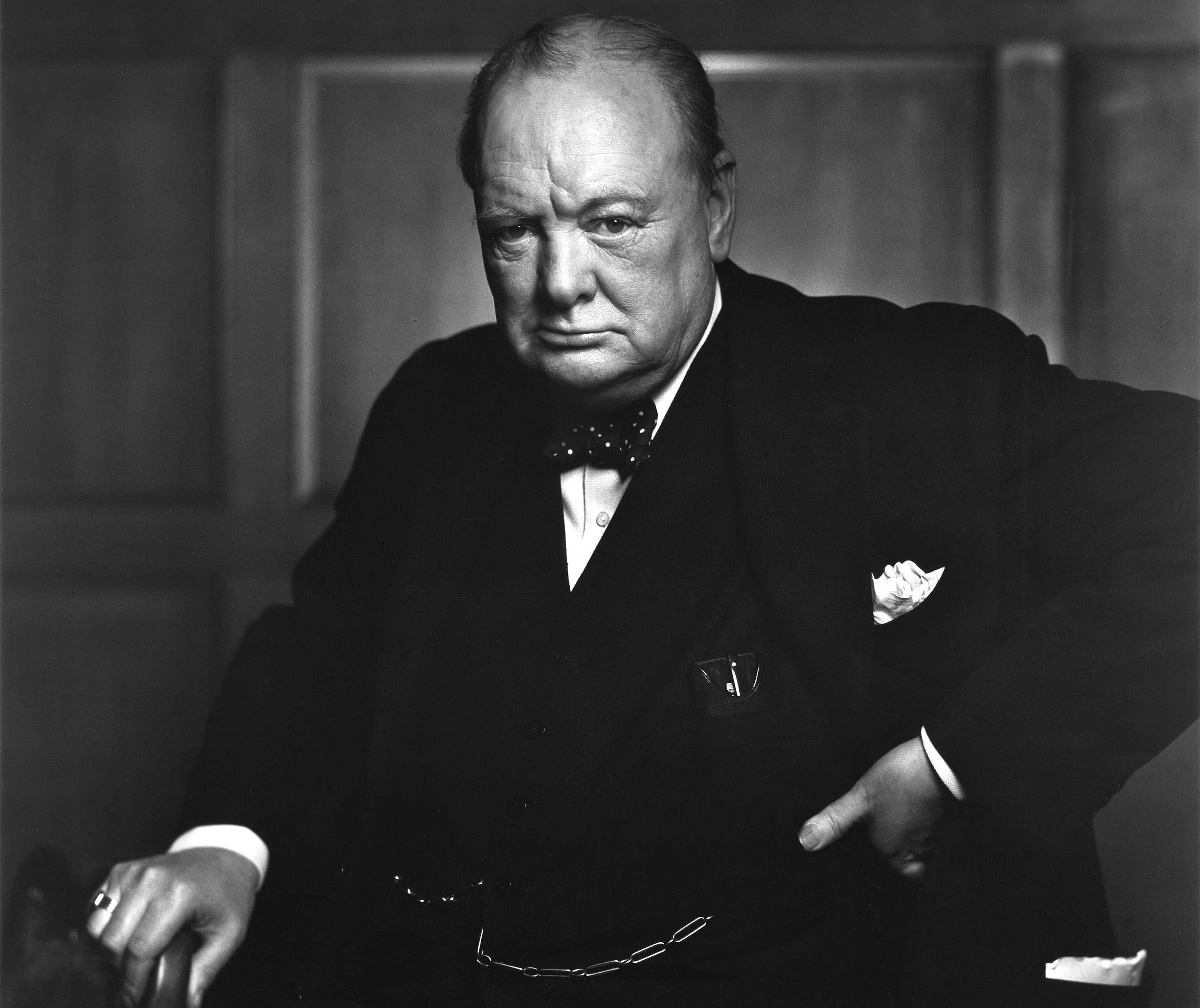 Wikimedia Commons, Yousuf Karsh
Wikimedia Commons, Yousuf Karsh
5. V-J Day Kiss
Taken on V-J Day on August 14, 1945 by photographer Alfred Eisentaedt and showcased in LIFE magazine, this notorious image of a WWII sailor kissing a nurse embodied the euphoria individuals experienced at the cessation of hostilities and promptly emerged as a cultural symbol. The identities of the subjects remained a mystery for decades until they were eventually determined to be George Mendonsa and Greta Friedman. The two didn’t know each other (Eisentaedt later said of that day “There were thousands of people milling around…everybody was kissing each other”), and Mendonsa’s wife Rita can actually be seen smiling in the background of the photo. Many people perceive the image as insensitively portraying an assault of an intimate nature, and not something to be applauded. Friedman, who departed this life at the age of 92 in 2016, dismissed this, stating there was “no way there was anything bad about it".
6. Anxious Eyes
Taken by James Stanfield in Poland, 1987, this picture depicts cardiac surgeon Zbigniew Religa tracking the vitals of a patient after a successful heart transplant while his assistant rests in the corner. The surgery had taken 23 hours and had used very outdated equipment.
James Stanfield
7. Nirvana’s Swimming Baby
Snapped by photographer Kirk Weddle, the baby depicted on the cover of Nirvana’s influential Nevermind album was the four-month-old son of Weddle’s friends. And he’s not actually swimming. As Weddle explains “The mom was on my left, and blew a puff of air into the child’s face. Then we dunked him in and, bang bang, pulled him out. We did it twice and that was it". Anything for rock n’roll.
8. Einstein’s Birthday
On his 72nd birthday, photographer Arthur Sasse tried to get Einstein to smile for the camera. Tired of smiling for photographers all day, Einstein stuck out his tongue instead.
9. Afghan Girl
Captured by Steve McCurry amid the Soviet occupation of Afghanistan, this captivating image portrays a refugee from the conflict and was featured on the cover of the June 1985 issue of National Geographic. The subject was only identified 17 years later as Sharbat Gula, and she had never actually seen her iconic portrait before McCurry managed to track her down in January 2002.

History's most fascinating stories and darkest secrets, delivered to your inbox daily.
10. Guerrillero Heroico
This photo of Cuban revolutionary Che Guevara is one of the most reproduced and recognizable images of all time, but when it was taken it was basically an afterthought. Photographer Alberto Korda had been in Cuba to cover the funeral of the victims of a ship explosion in Havana Harbor, and he focussed on Fidel Castro and his indictment of the US in the wake of the tragedy. He shot two photos of Guevara, Castro’s young ally, but they went unpublished by his newspaper. It wasn't until after Guevara met his end in Bolivia almost seven years later, when he became embraced as a martyr for the revolution, that Korda's image of him became the revolution's most persistent symbol.
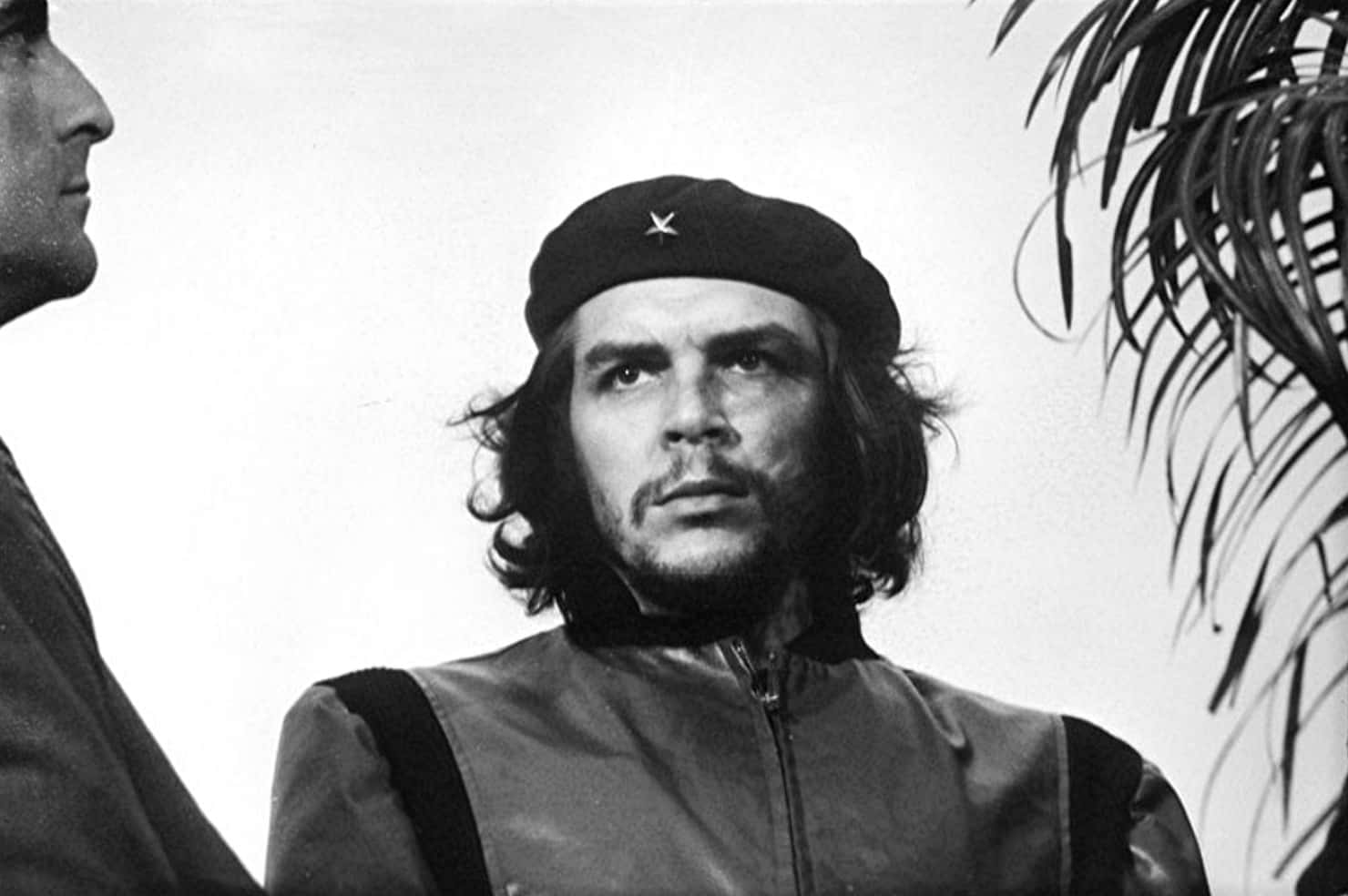 Wikimedia Commons, Alberto Korda
Wikimedia Commons, Alberto Korda
11. Abbey Road
The Abbey Road album cover is possibly the most famous photo of the Beatles there is, but it was actually doctored a little. US poster companies eliminated the item from Paul's hand—without approval from him or Apple Records (who possess the rights to the image).
12. Ruby Bridges
Taken by an uncredited Department of Justice photographer in 1960, this evocative image depicts Ruby Bridges, the first African-American student to join William Frantz Elementary School in New Orleans, Louisiana after a Federal court ordered the desegregation of schools in the South, being escorted to school by US marshals. What the image doesn’t show is a large crowd of screaming segregationist protesters outside the school, some of whom carried signs bearing statements like “All I Want For Christmas is a Clean White School". Bridges has since been an indefatigable advocate for equality among all ethnicities.
 Wikimedia Commons, DOJ photographer
Wikimedia Commons, DOJ photographer
13. Muhammad Ali vs. Sonny Liston
Sports Illustrated photographer Neil Leifer was in the right place at the right time to snap what is perhaps the greatest sports photo of the 20th century, but he was only there because a senior photographer had arrived before him and essentially forced him to that side of the ring. Leifer was only 22 at the time, and fellow Sports Illustrated photographer Herb Scharfman got there first and pulled rank to claim a prime spot by the judges’ table. Leifer's seat on the opposite side was ideally positioned for that historic photo, while Scharfman found himself aiming his lens towards Ali's back. Scharfman can be seen in the crowd between Ali’s legs in Leifer’s photo. “It didn’t matter how good Herbie was that day,” Leifer said later. "He was in the wrong seat".
14. The Hindenburg Disaster
Sam Shere was one of nearly two dozen photographers who scrambled to document the Hindenburg Zeppelin crash, which took the lives of 36 people on May 6, 1937. But it's his image, with its grandeur and palpable terror, that has endured over the other photographs. Published on front pages around the world and used on the cover of a Led Zeppelin album decades later, the disaster and the press coverage surrounding it brought the golden age of the airships to a definitive end.
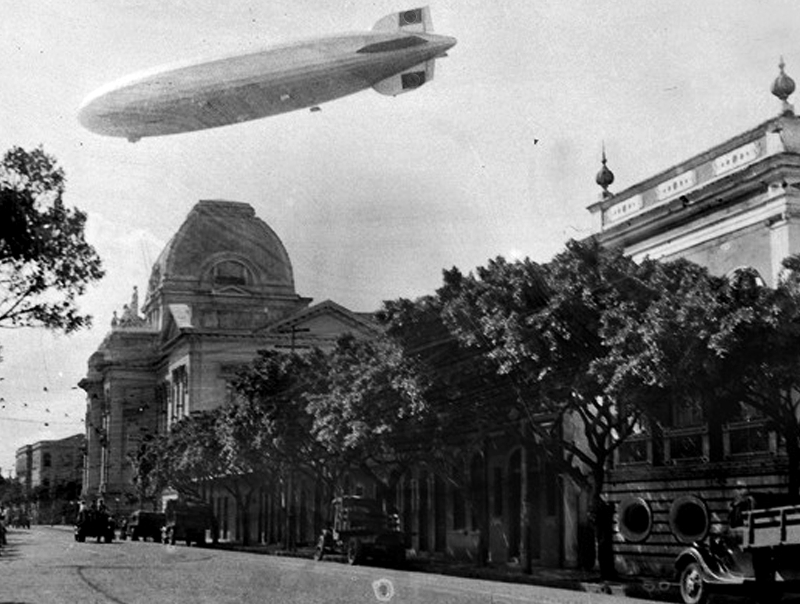 Unknown Author, Wikimedia Commons
Unknown Author, Wikimedia Commons
15. Tank Man
Later becoming a defiant symbol of resistance around the world, Jeff Widener’s iconic photo of a regular man stepping in front of a line of tanks to block their path initially needed to be protected from governmental confiscation. Pulitzer Prize winning photographer Liu Heung-Shing, who was also covering the incident, advised Widener to hide the film in his hotel room after learning about his photos. Widener then descended to the hotel lobby, located a blond American man with a ponytail and backpack, and compensated him to slip the film beyond ununiformed law enforcement officers to the Associated Press. The tank man himself remains unknown.
16. Earthrise
It’s one of the most reproduced space photos of all time, but taking this awe-inspiring image of the Earth rising above the lunar horizon was never actually one of NASA’s mission objectives. Apollo 8 was sent to study and take pictures of the moon’s surface. It was the first time humans had ever laid eyes on the blue planet from the vast blackness of space, and astronaut William Anders snapped the only colour photo of the spectacle.
17. Oscars Selfie
In the middle of the 2014 Oscars, host Ellen DeGeneres waded into the crowd of celebrities and snapped a selfie with them. The photo went on to be retweeted over 3 million times, more than any other picture in the history of the platform. It was also a huge marketing boon for Samsung (the phone used the photo); the company’s public relations firm has valued the selfie at between $800 million and $1 billion.
18. Black Power Salute
When African-American Olympic sprinters Tommie Smith and John Carlos stood atop the medal podium in Mexico City, 1968, heads bowed and black-gloved fists raised during the playing of the national anthem, many were outraged but many more were thrilled and inspired by their Black Power salute. John Dominis’ photo endures to this day as a symbol of expressed disillusionment with the promise of a nation. In the photo, Smith stands in black socks with his running shoes off in a gesture meant to symbolize black poverty.
Australian silver medalist Peter Norman stood and displayed solidarity with them, wearing an Olympic Project for Human Rights badge during the ceremony. In 2006, both Smith and Carlos were pallbearers at Norman's funeral.
 Wikimedia Commons, Angelo Cozzi
Wikimedia Commons, Angelo Cozzi
19. The Loch Ness Monster
Supposedly taken by surgeon Robert Wilson, the most famous photo of what is said to be the Loch Ness Monster graced the pages of London’s Daily Mail in April 1934. It is, of course, a hoax. Christopher Spurling admitted in 1994 that he and his stepfather, big-game hunter Marmaduke Wetherell, made a small model of the monster’s neck and placed it on a toy submarine. Wilson, a respected doctor, was chosen as photographer to lend credibility to the hoax.
20. Gandhi and His Spinning Wheel
Perhaps the definitive photo of Mohandas Gandhi was taken by Margaret Bourke-White, LIFE magazine's first female photographer. It depicts Gandhi reading the news next to his portable spinning wheel, which had become a potent exemplar of the campaign for independence after Ghandi had encouraged his countrymen to make their own homespun cloth instead of purchasing British goods.
21. The Situation Room
Taken by Pete Souza on the afternoon of May 1, 2011, this image shows President Barack Obama and his national security team packed into a small conference room in the West Wing's Situation Room. They were receiving updates as U.S. forces carried out a raid on Osama bin Laden's Pakistan compound, resulting in the downfall of the terrorist leader. Photographs of bin Laden’s body have never been released, making Souza’s photo the only public image of one of the defining moments in the fight against terrorism.
22. The (Original) Marlboro Man
Clarence Hailey Long, the original “Marlboro Man,” was a 39 year old ranch foreman whose picture was taken by Leonard McCombe for a 1949 LIFE magazine series about ranching. The corporation Philip Morris was in search of a new identity for the Marlboro product line, which had debuted as a women's item in 1924. Long's persona led the executives to incorporate him into a novel promotional campaign that catapulted Marlboro to the summit of the worldwide market.
23. Raising a Flag over the Reichstag
Yevgeny Khaldei photographed this historic image of a Soviet soldier heroically waving the red flag above the Reichstag on May 2, 1945. The image was edited before being published; a second watch on the wrist of the Russian individual was removed to obscure the truth that these individuals were participating in looting.
24. Dali Atomicus
Capturing the essence of his subject as accurately as one could ever hope, it took photographer Philippe Halsman six hours, 28 takes, and a roomful of assistants throwing buckets of water at three cats across the room before he’d gotten what he deemed to be the perfect photo of Salvador Dali.
25. The London Milkman
Taken by Fred Morley during the London blitz on October 9, 1940, this photo portrays a milkman making his rounds on foot despite the devastation around him. Intended to uplift spirits by powerfully showcasing the essence of British stoicism during periods of conflict, the picture was actually staged. Morley’s assistant borrowed a milkman’s outfit and a bottle rack, and Morley found some firefighters for him to pose in front of. The government censors had restricted the publication of anything that might cause panic, but Morley circumvented this by depicting normal life carrying on despite the carnage. It worked, and the photo was published the next day.
26. The Burning Monk
Malcolm Browne's 1963 photo, capturing a Buddhist monk serenely immolating himself on the streets of Saigon in protest against the U.S.-backed South Vietnamese government, remains one of the most powerful and emblematic images from the period of conflict in Vietnam. It was published in newspapers around the world the next day, and prompted president John F. Kennedy to declare “No news picture in history has generated so much emotion around the world as that one". The image played a pivotal role in shaping U.S actions towards urging the South Vietnam regime to halt any mistreatment of Buddhists.
Malcolm Browne interviews Quang Lien
27. Lyndon Johnson, Air Force One
Former army photographer Cecil Stoughton, the first person to hold the post of White House photographer, captured this historic image of Judge Sarah Hughes administering the oath of office to a solemn Lyndon Johnson just hours after the tragic demise of President John F. Kennedy on November 22, 1963. Johnson is surrounded by a group of staffers, as well as his wife and a bewildered-looking Jaqueline Kennedy, who is still wearing the pink Chanel suit she had on when her husband was shot. The only photographer on the plane when Johnson was inaugurated, Stoughton’s camera initially malfunctioned and it appeared there wouldn’t be any photographic record of the event. Thankfully, he quickly fixed the problem and was able to document it.
28. Michael Jordan
Jacobus “Co” Rentmeester shot Michael Jordan in his famous “Jumpman” pose for LIFE in 1984, maybe the most famous silhouette ever photographed. The pose was staged and not actually consistent with Jordan’s regular dunking style. Rentmeester simply had Jordan leap up on the spot and adopt a pose inspired by a ballet technique known as a “grand jeté” to make it appear as if he was dunking. Nike paid Rentmeester $15,000 for a two year license to use the image, but they continued to use it well beyond that and it eventually became one of the most popular commercial logos of all time. Rentmeester initiated a lawsuit against Nike for violating copyright laws, but the case was dismissed in June 2015.
Sources: 1, 2, 3, 4, 5, 6, 7, 8, 9, 10, 11, 12, 13, 14, 15, 16, 17, 18, 19, 20, 21, 22, 23, 24, 25, 26, 27, 28, 29, 30, 31, 32, 33, 34, 35, 36, 37, 38, 39,

